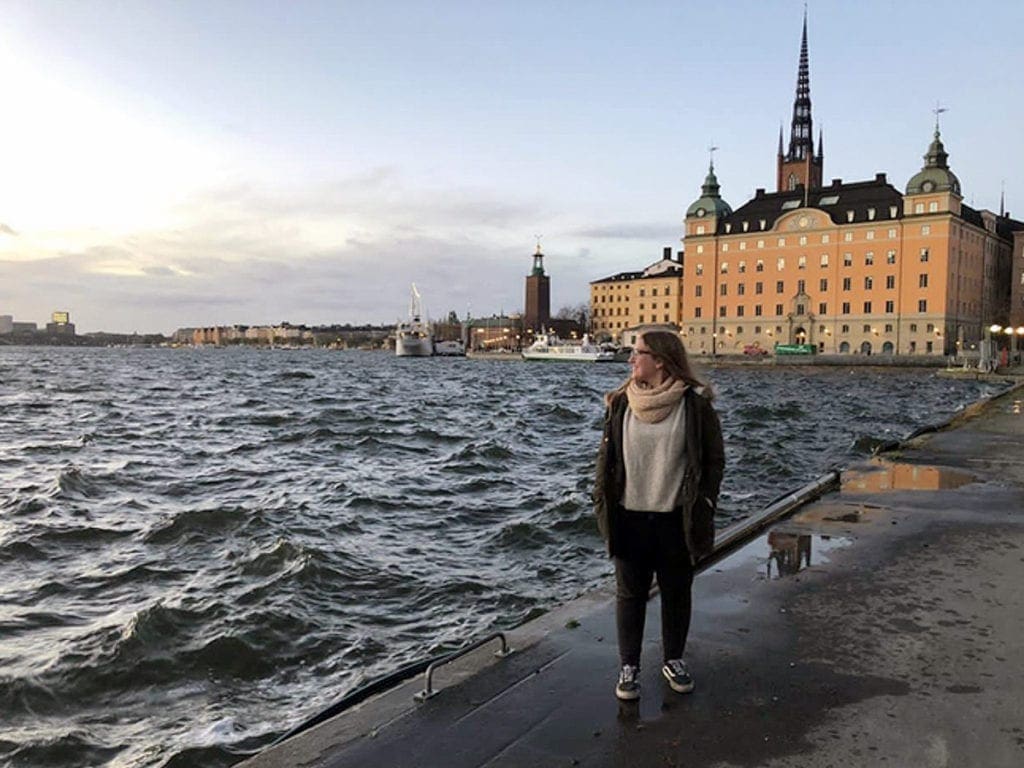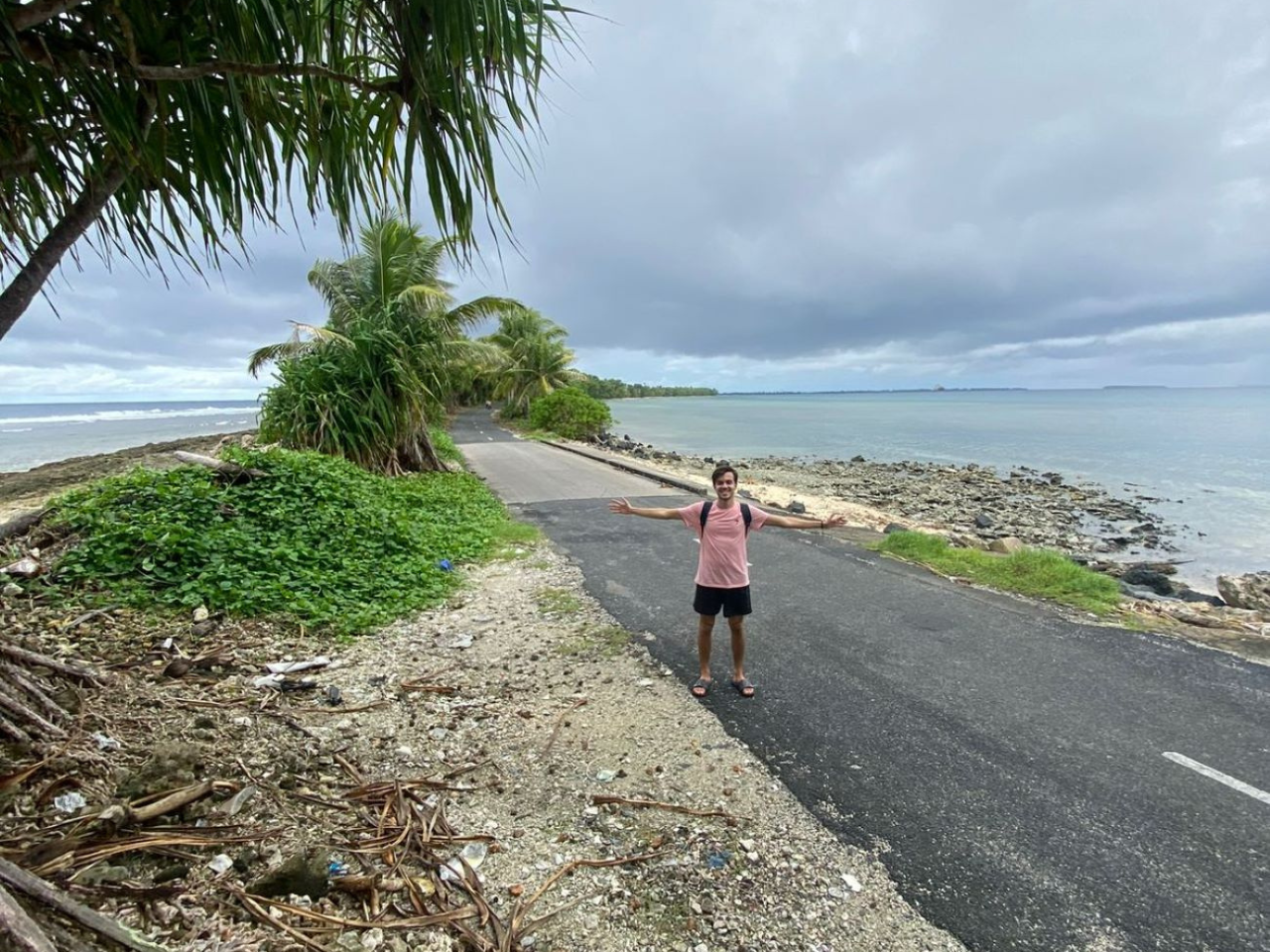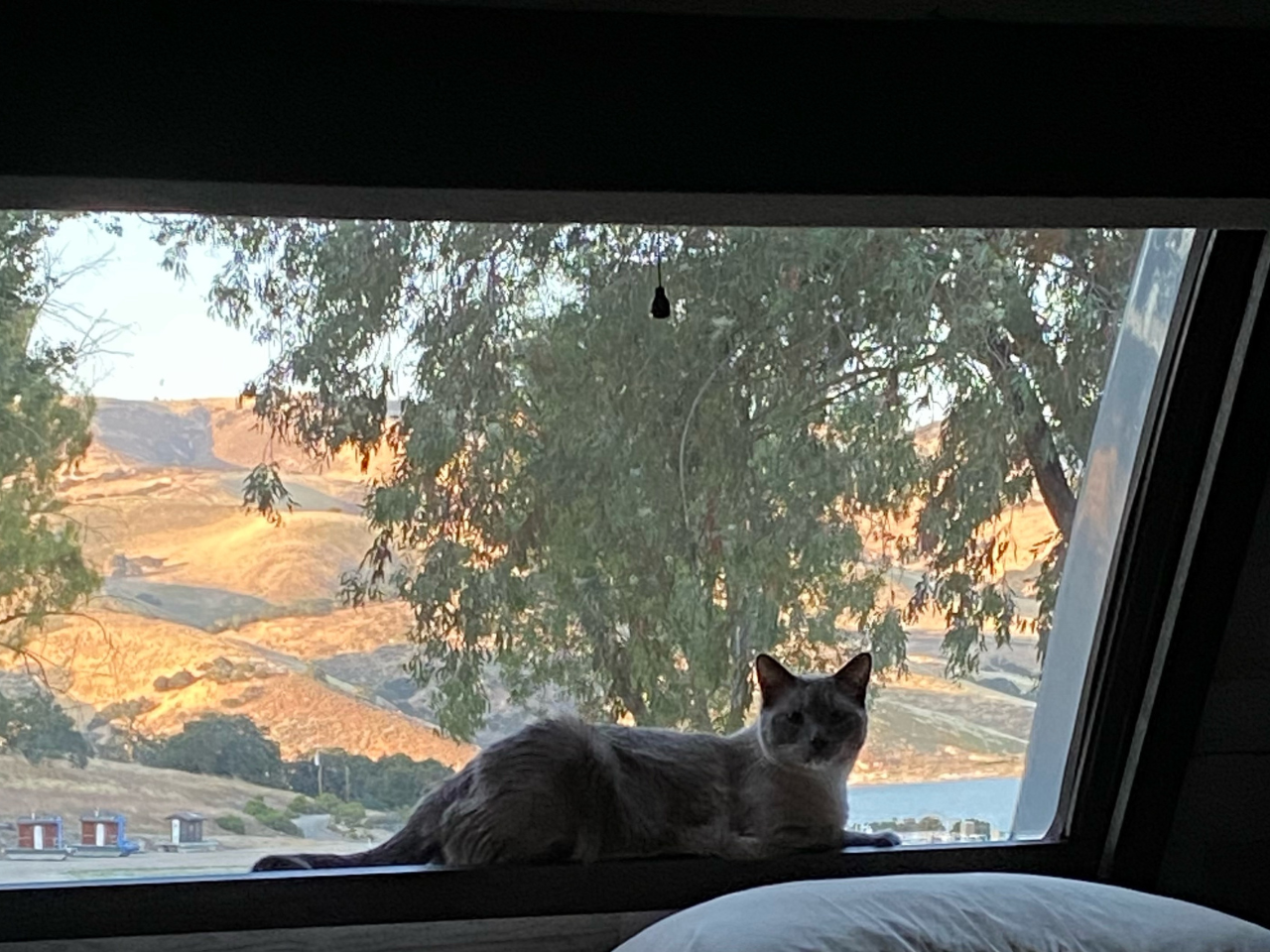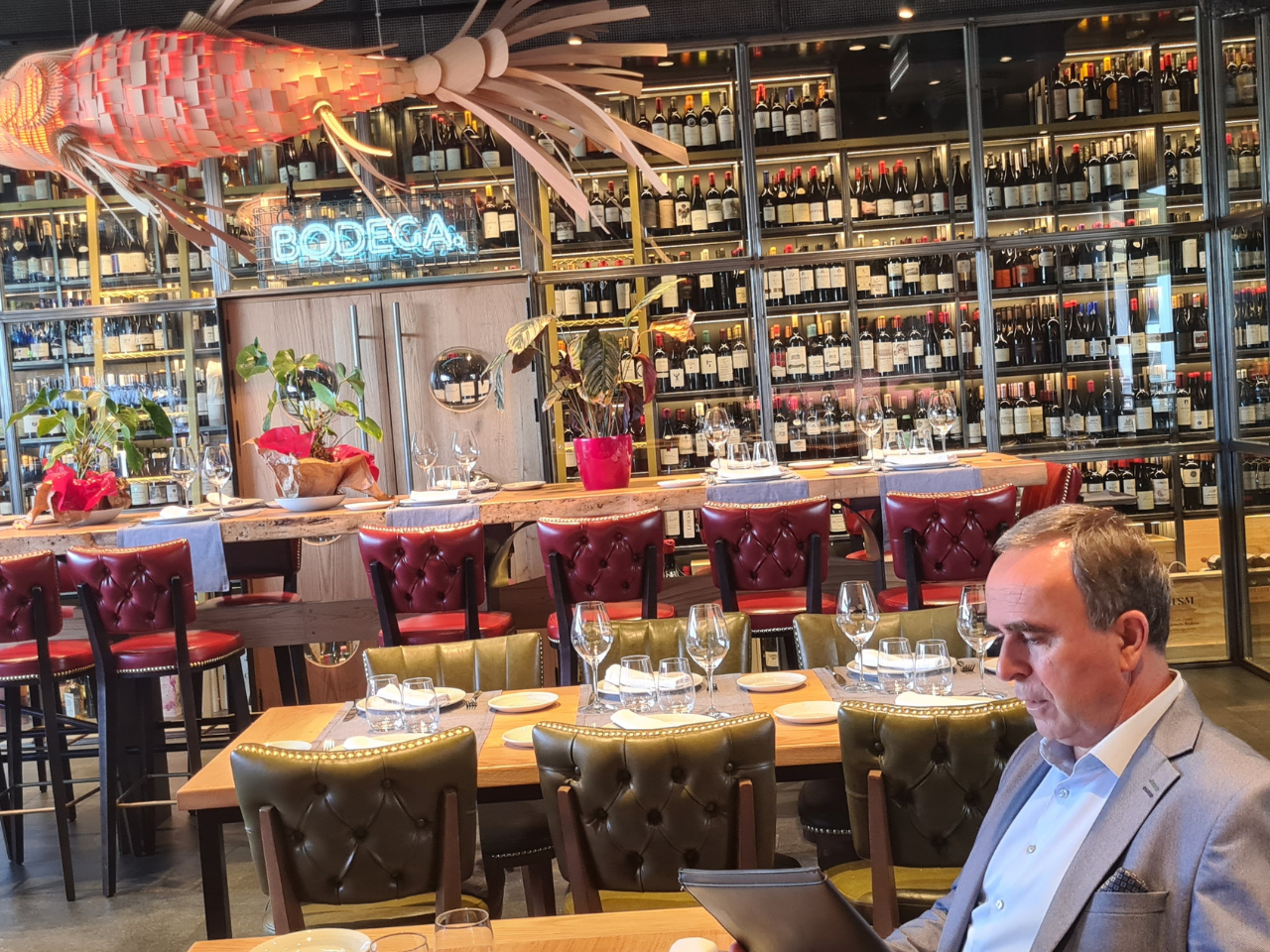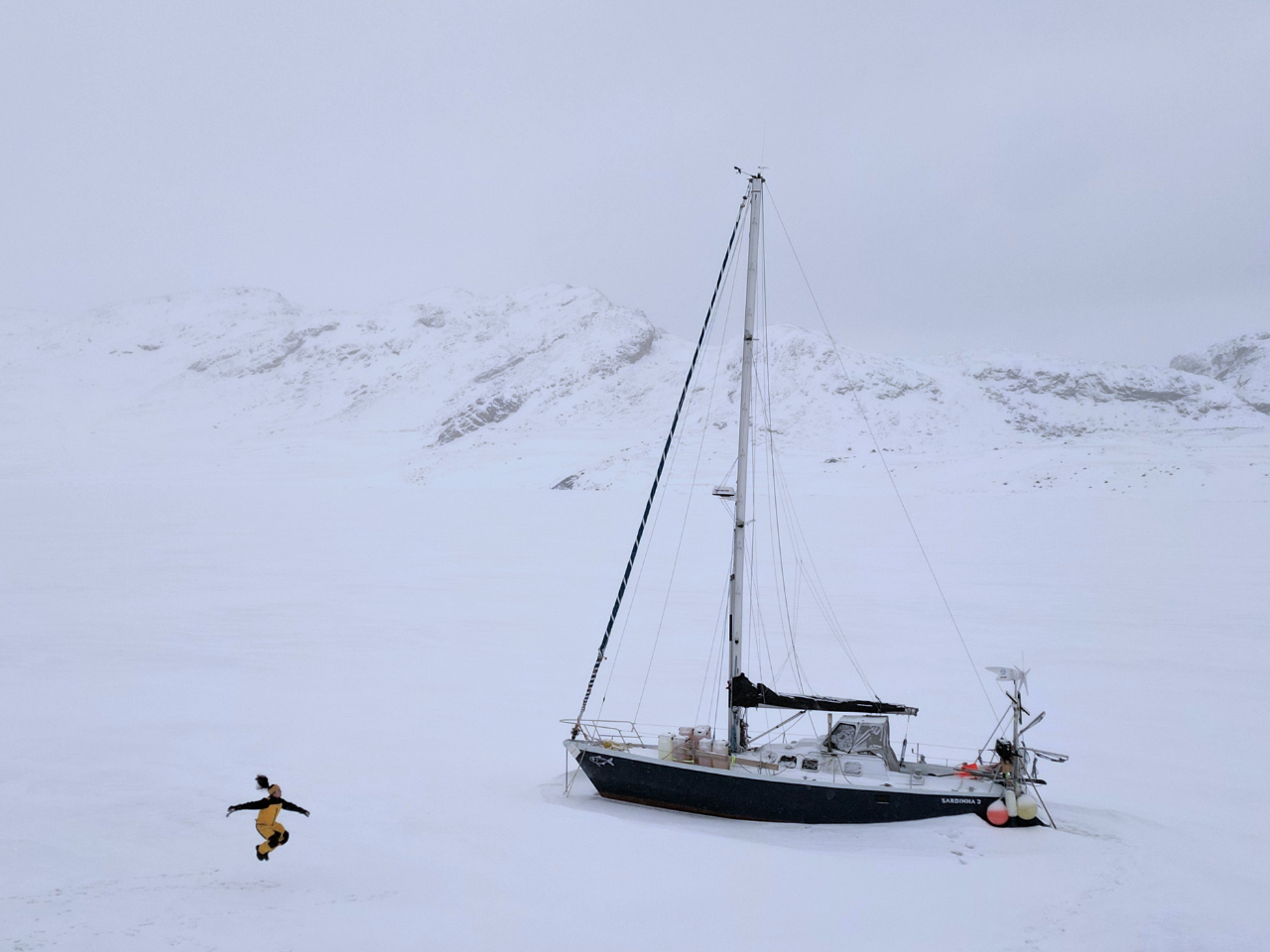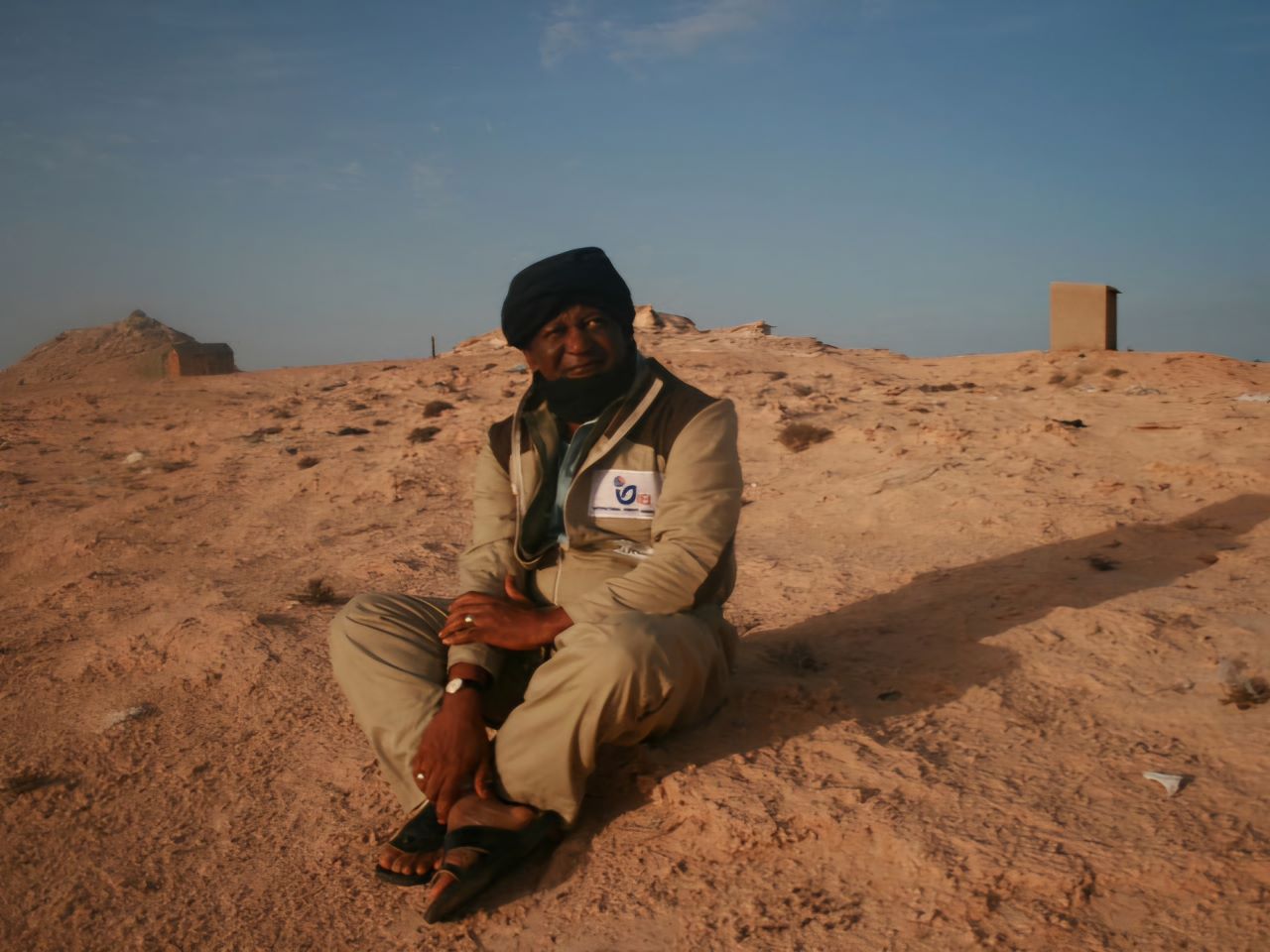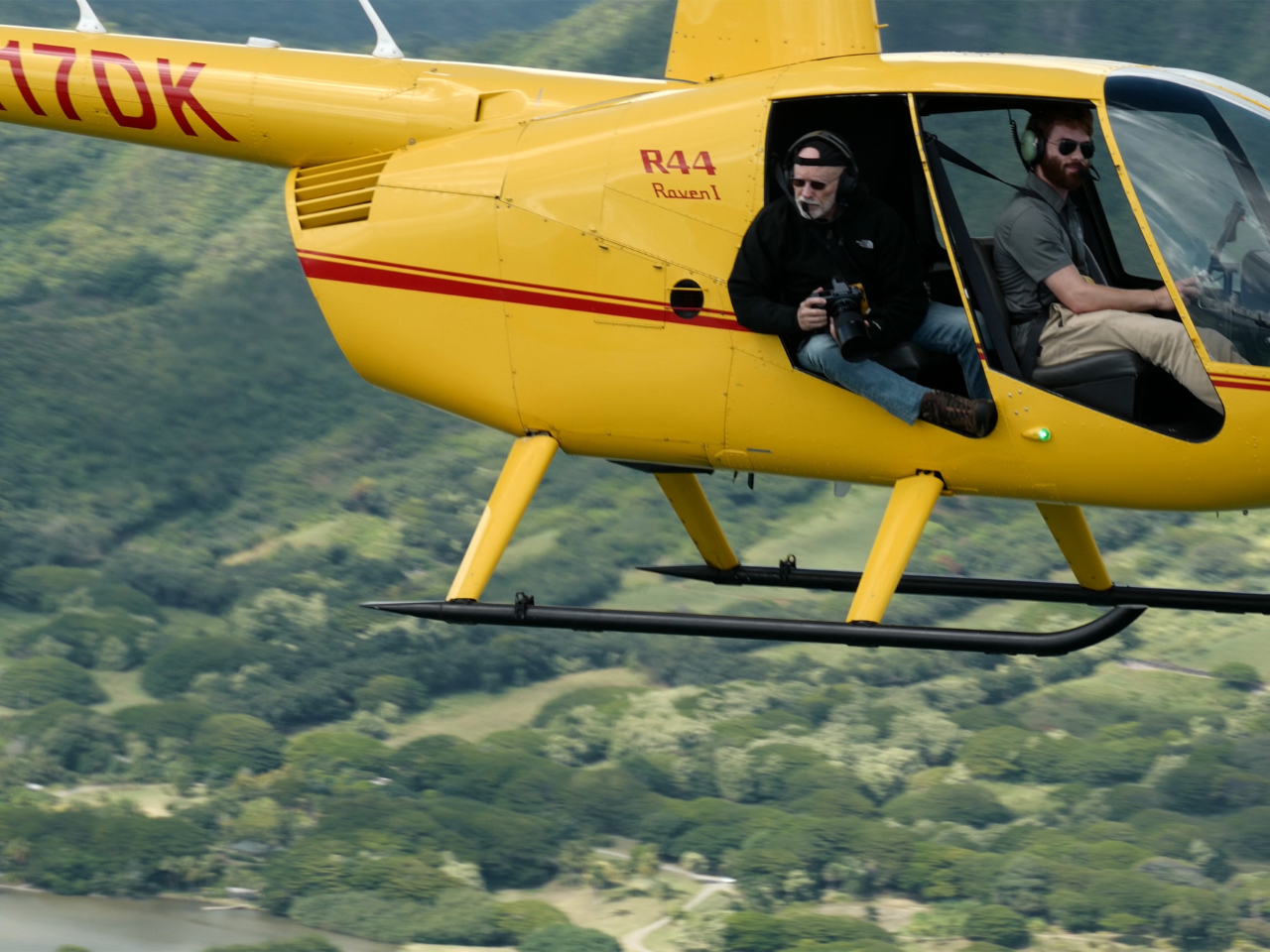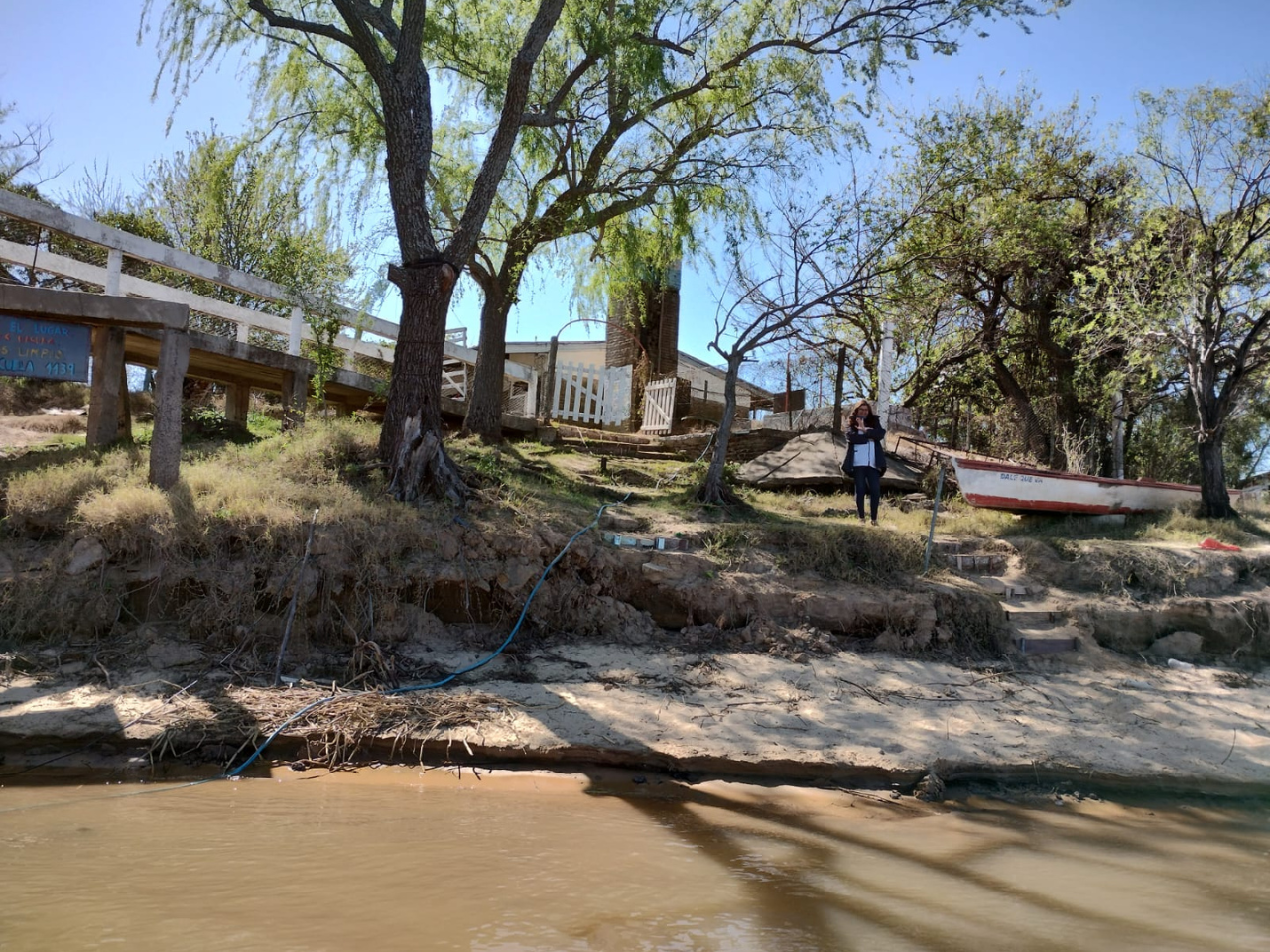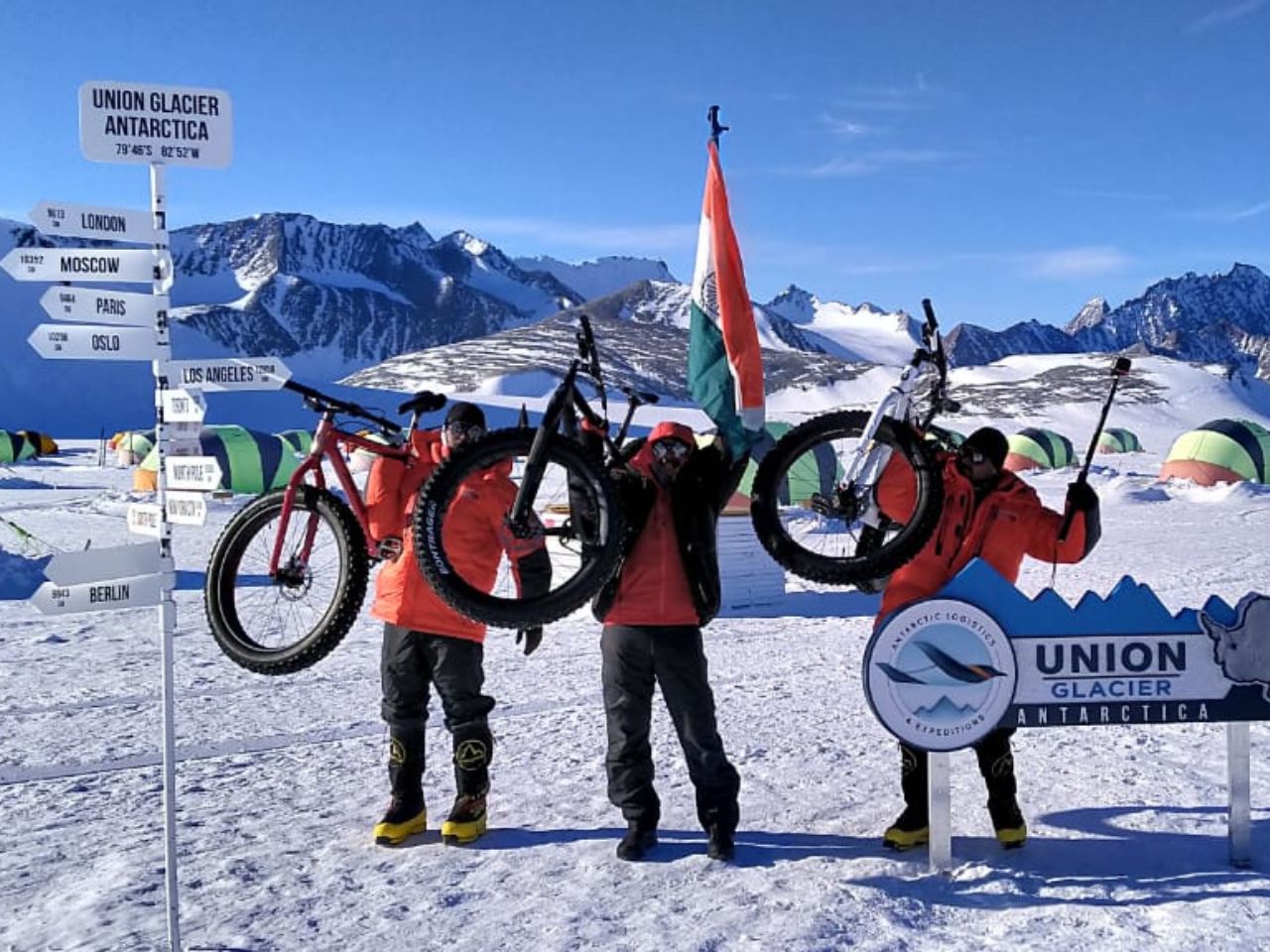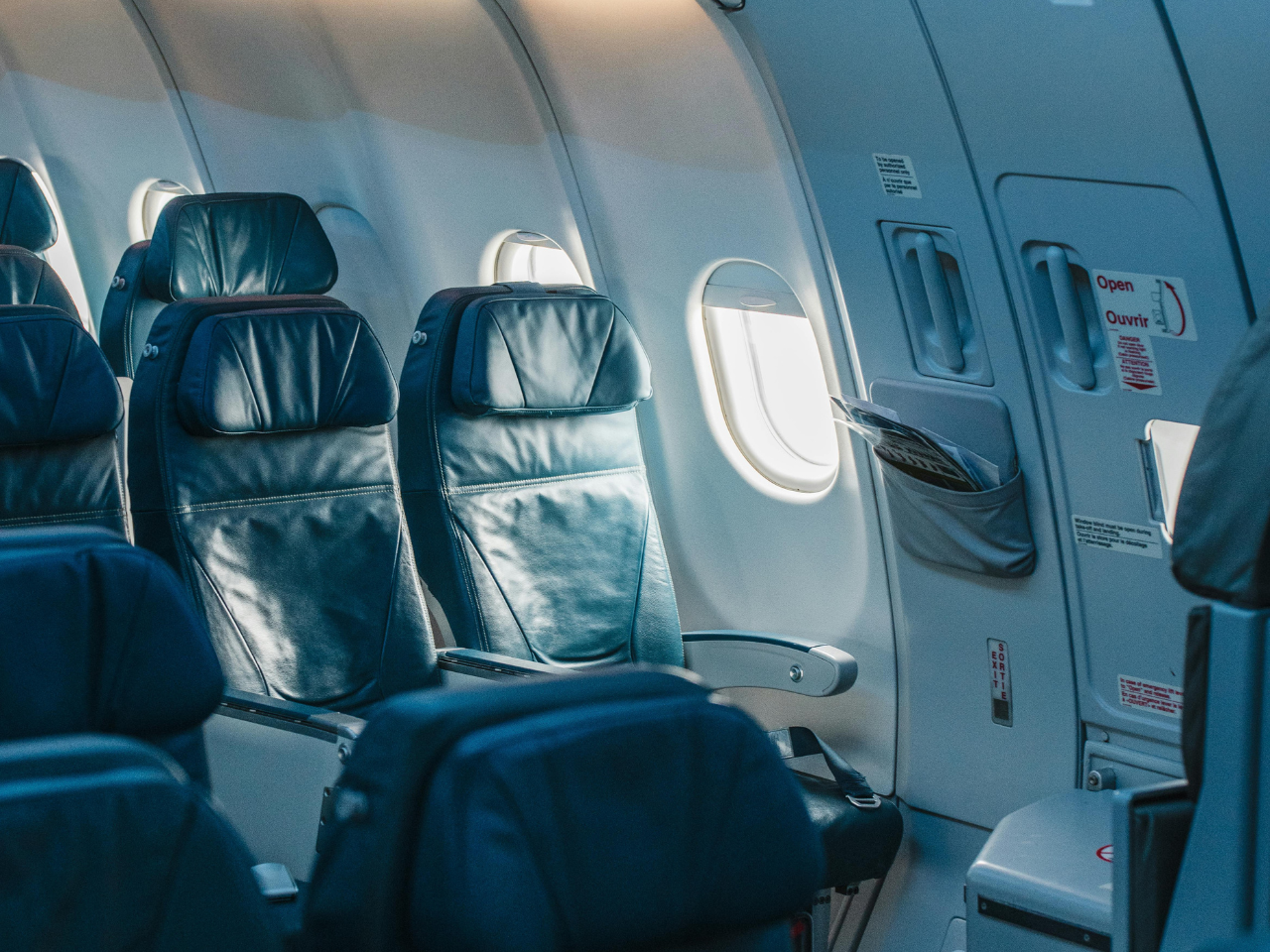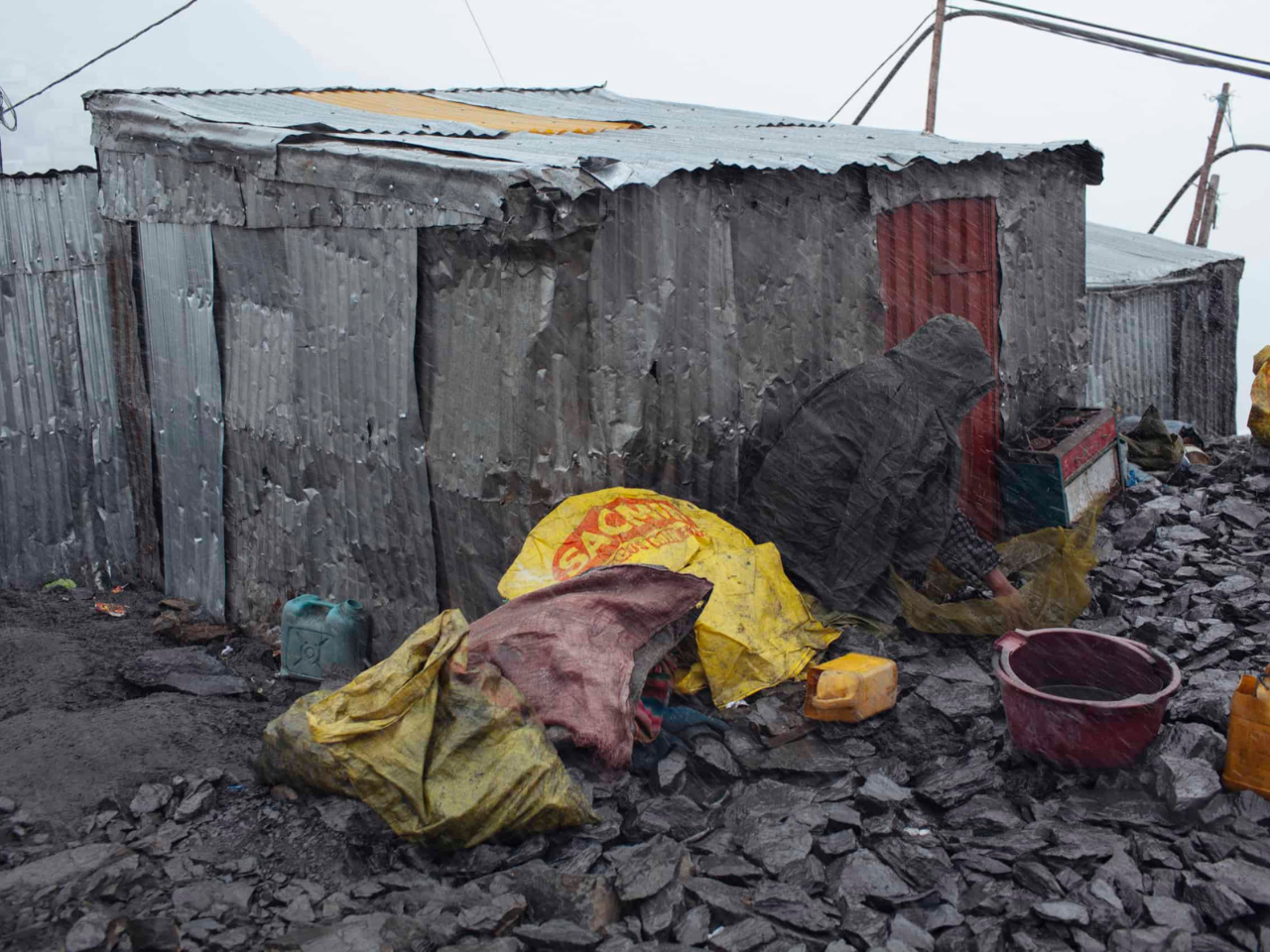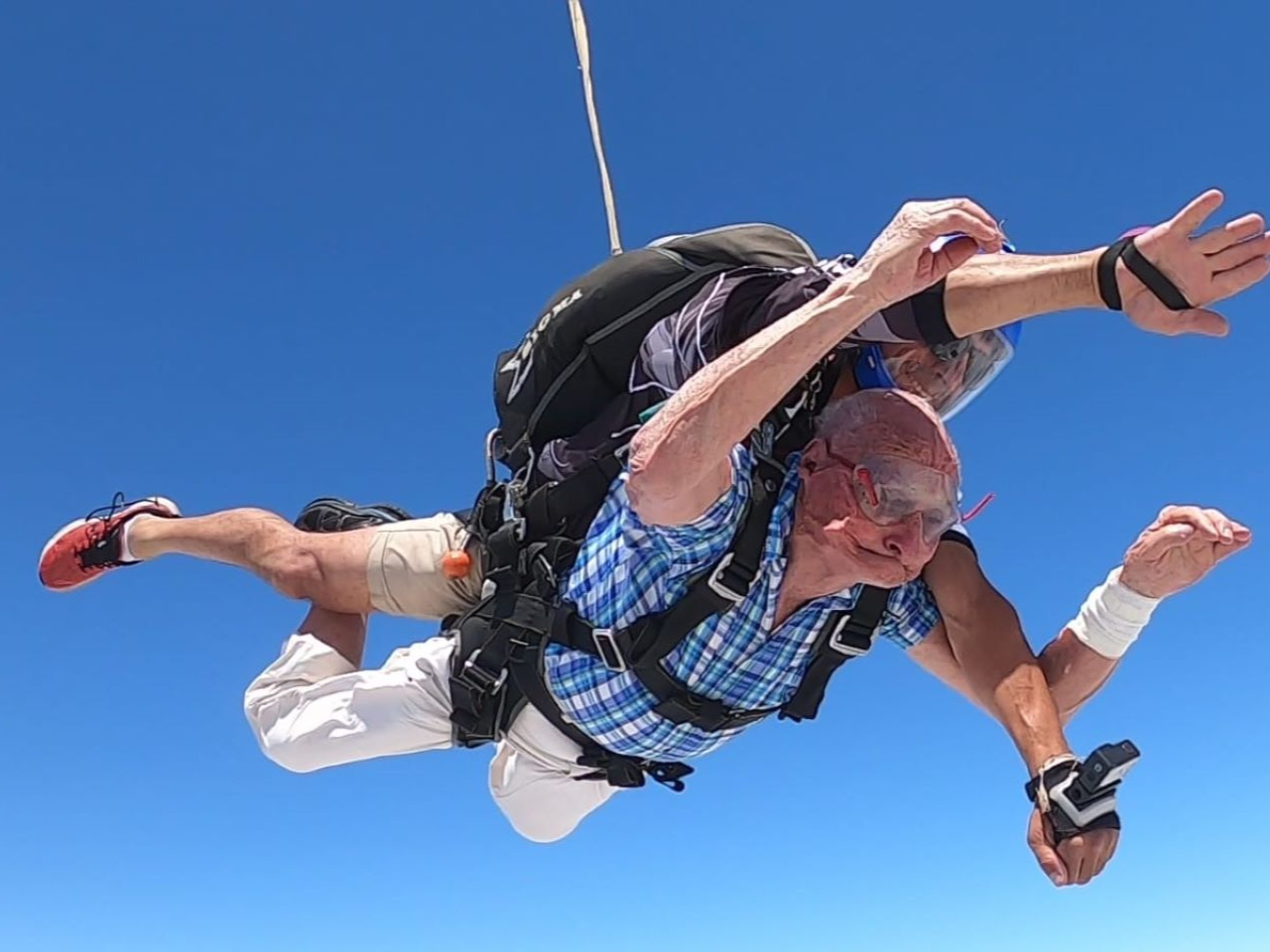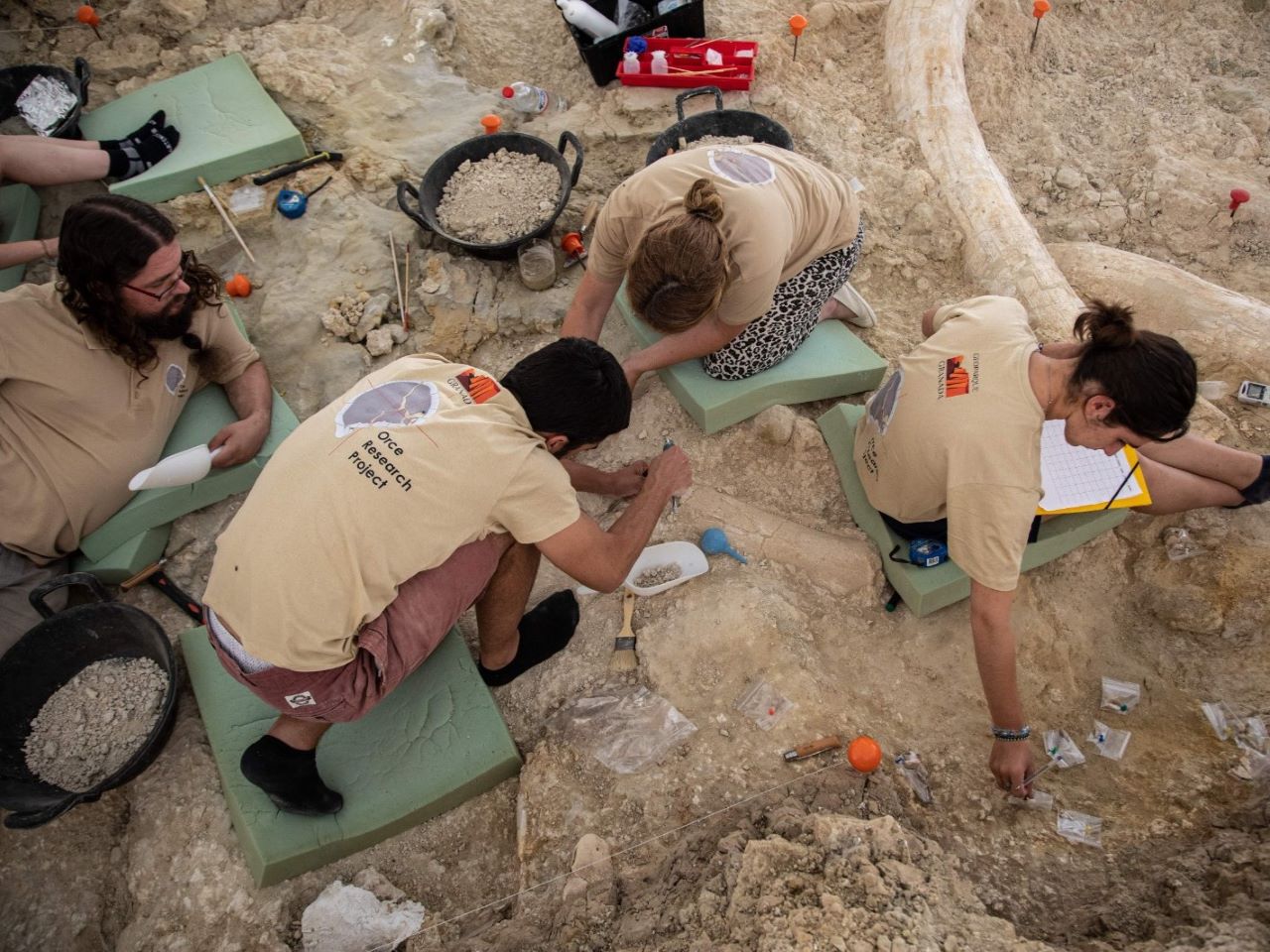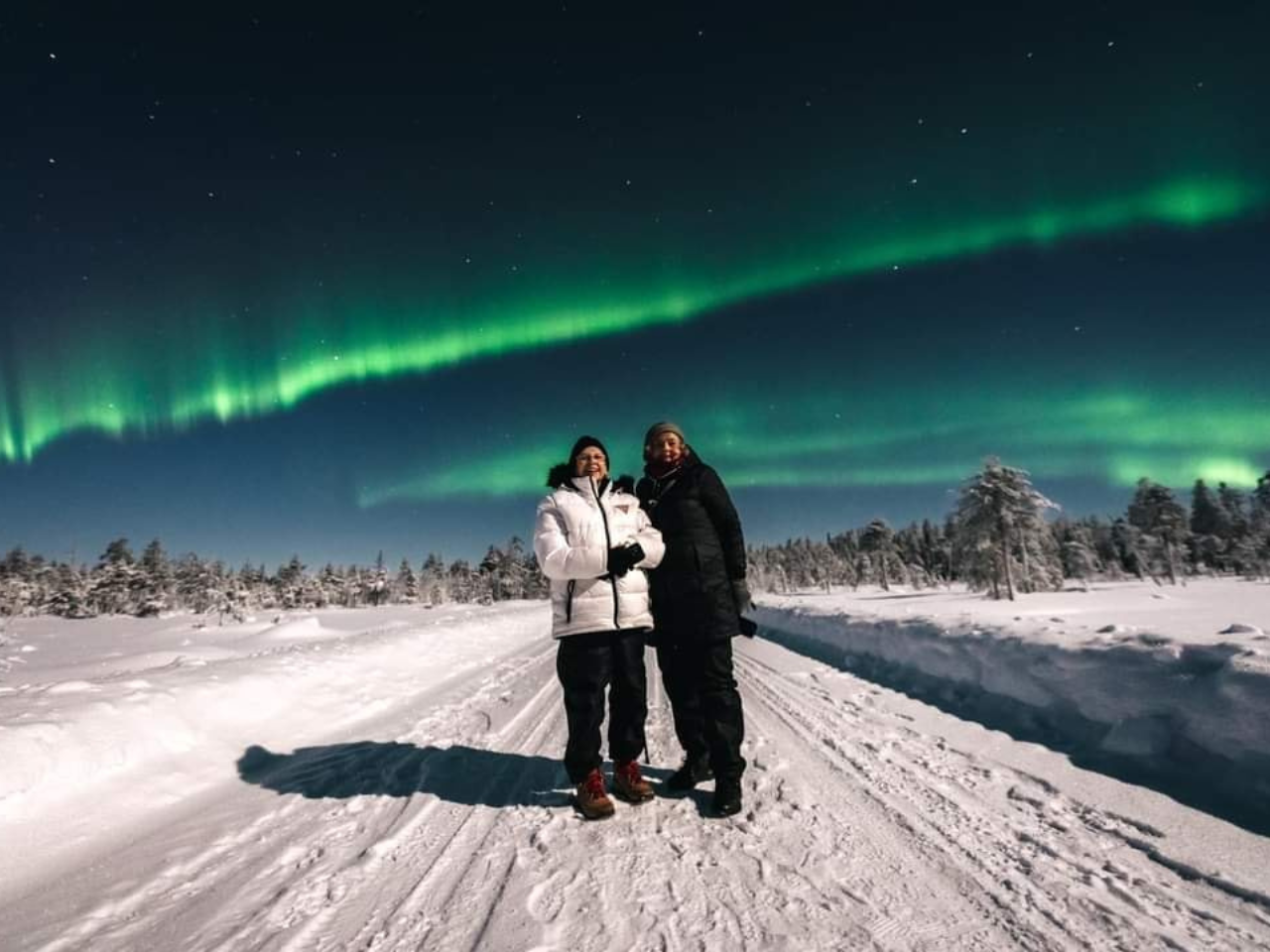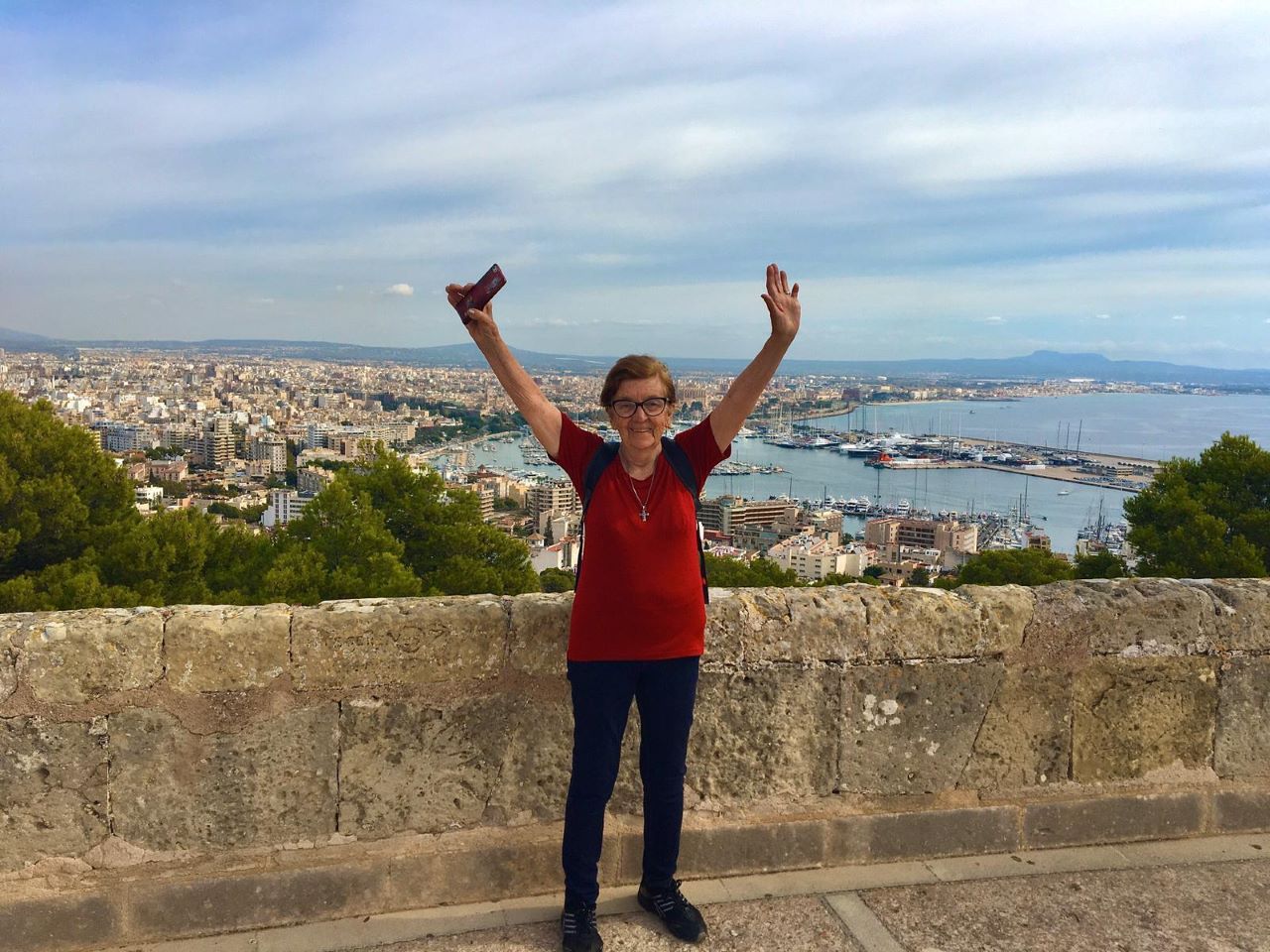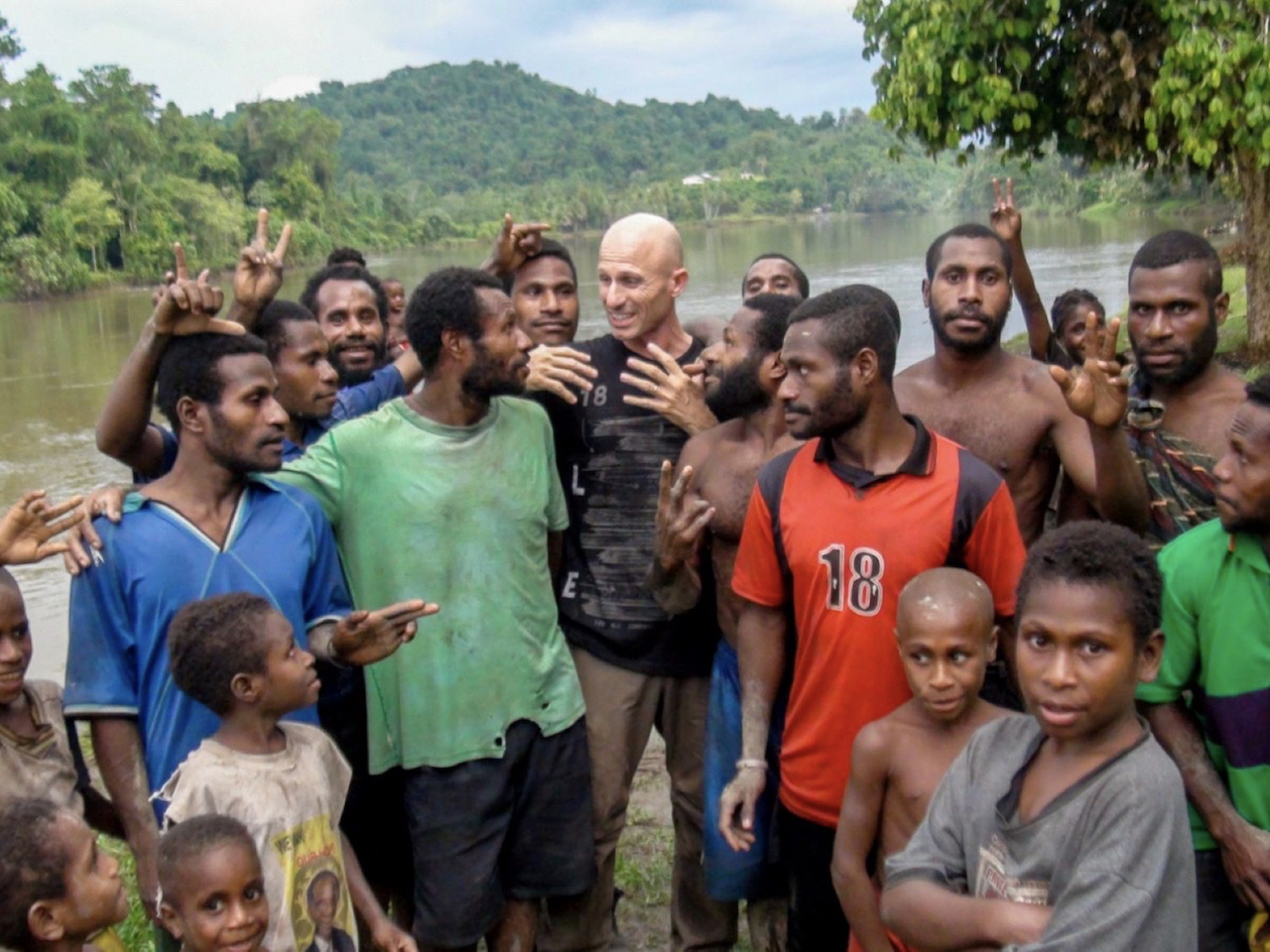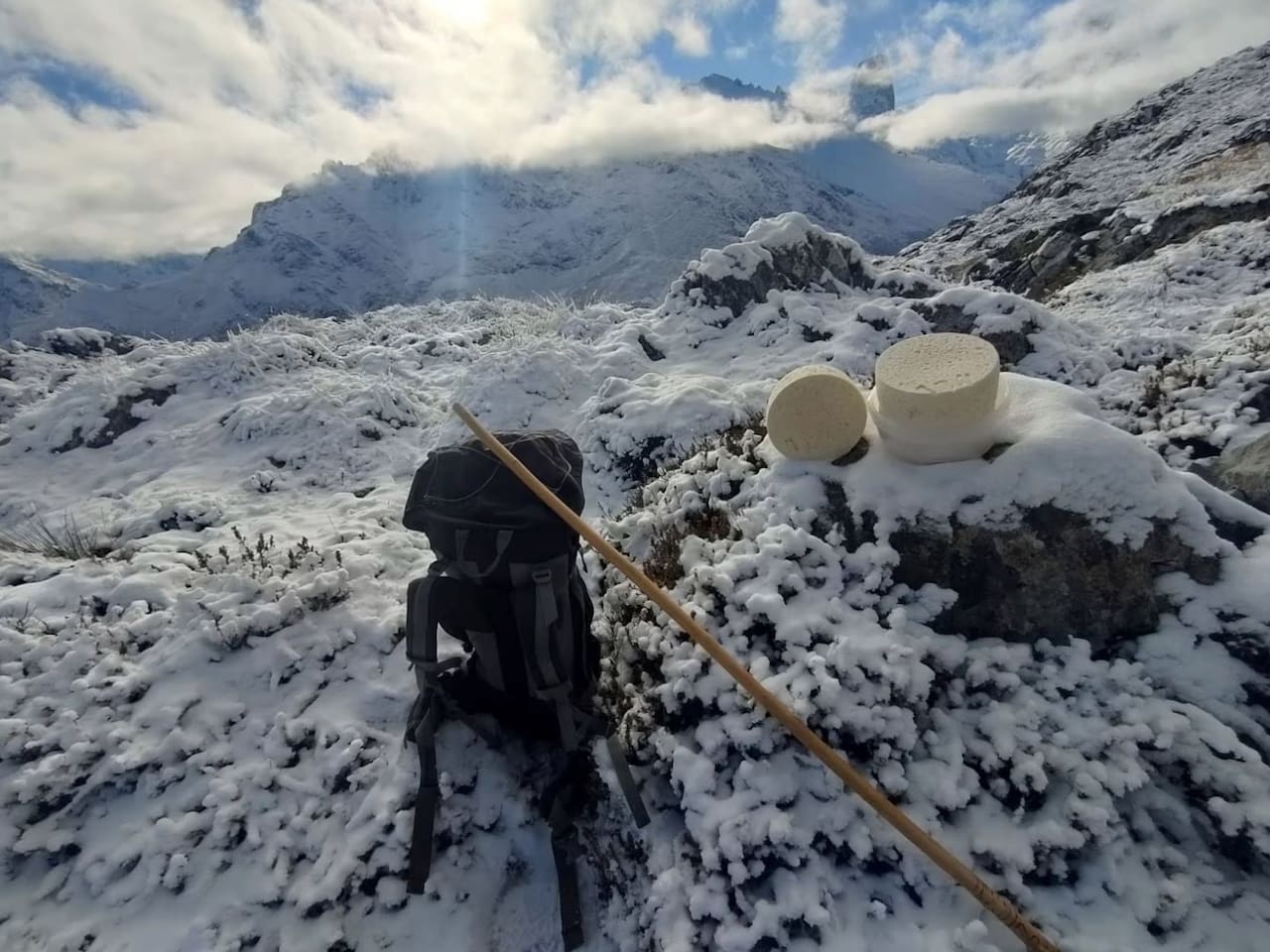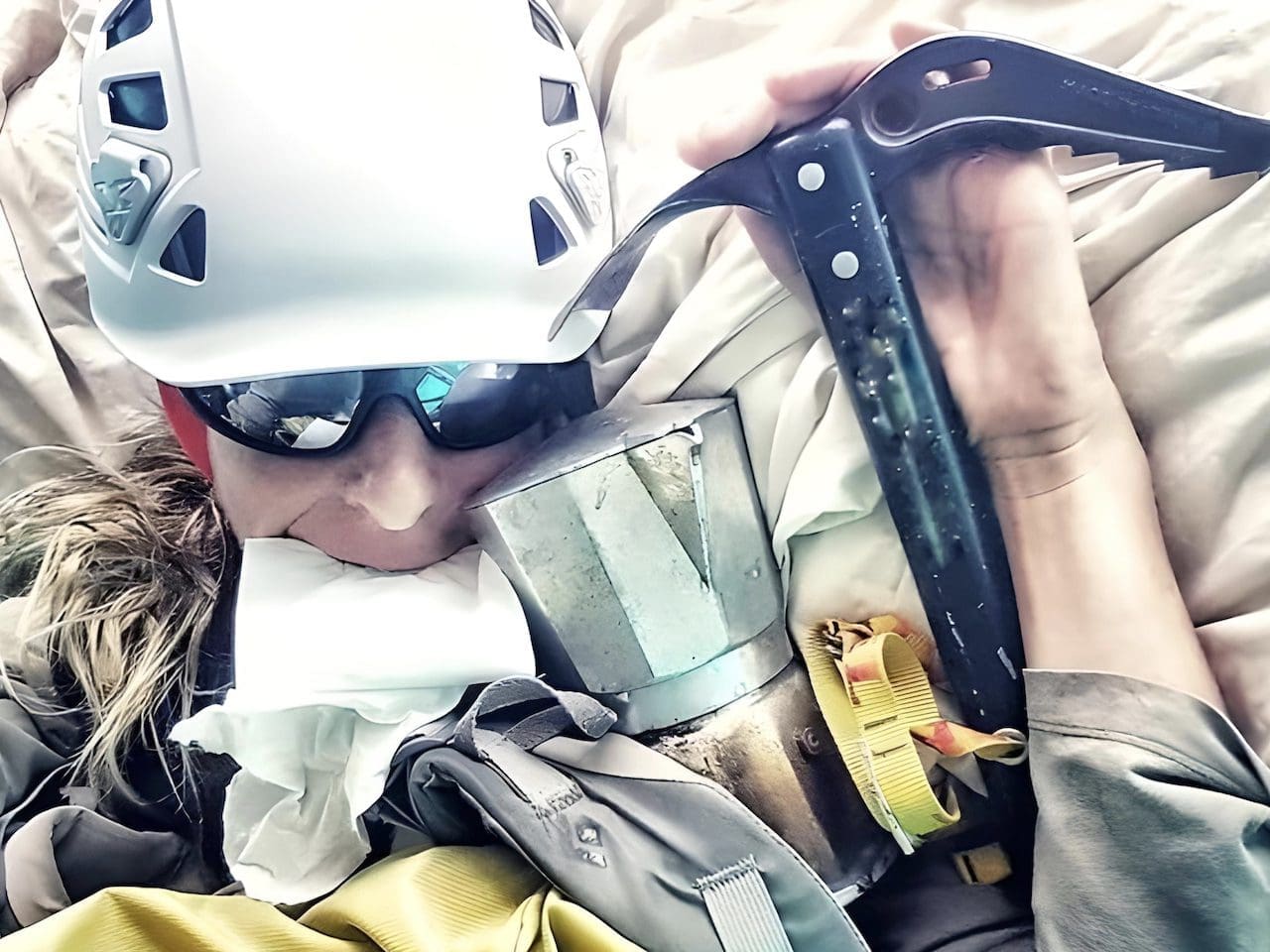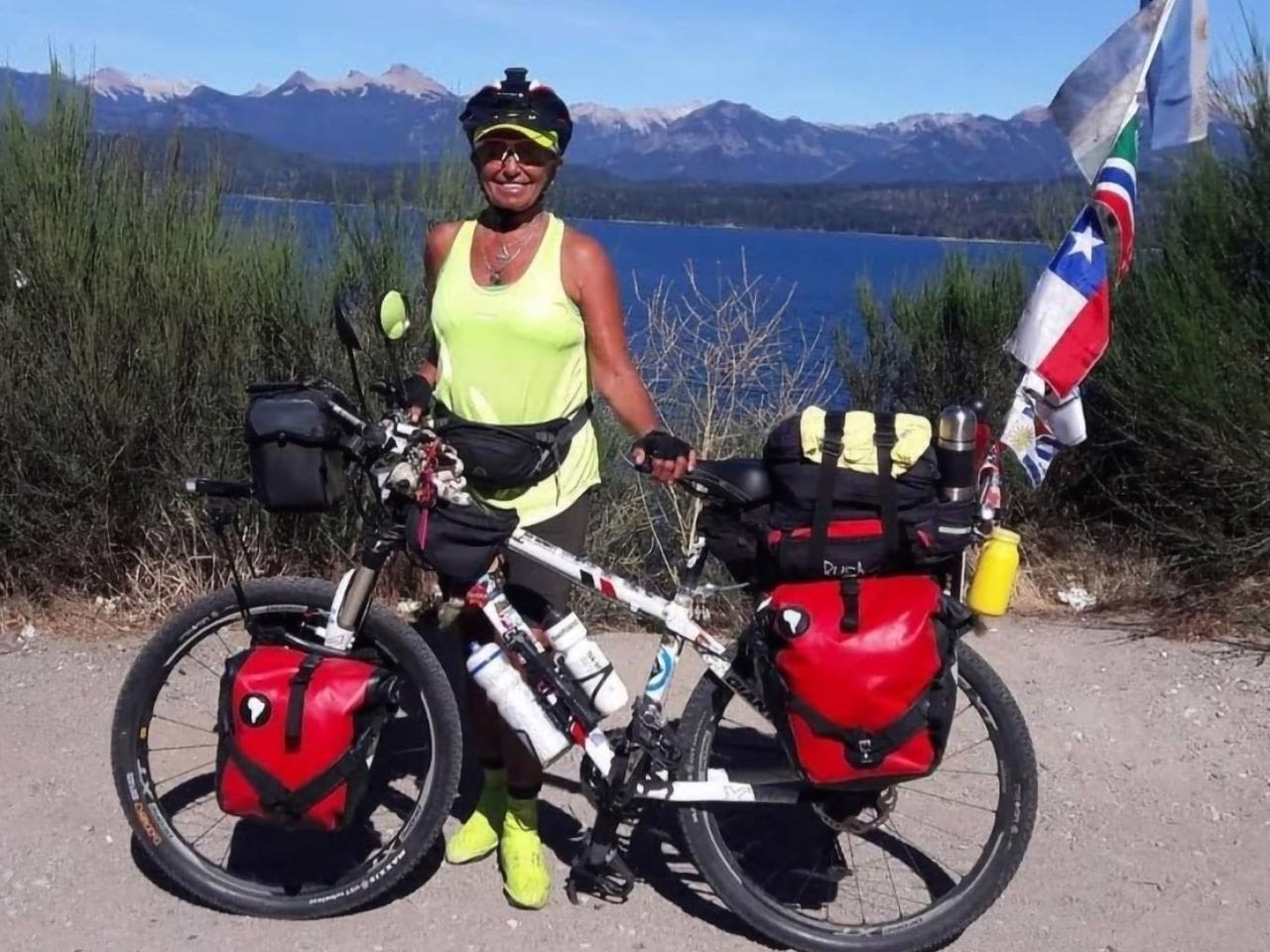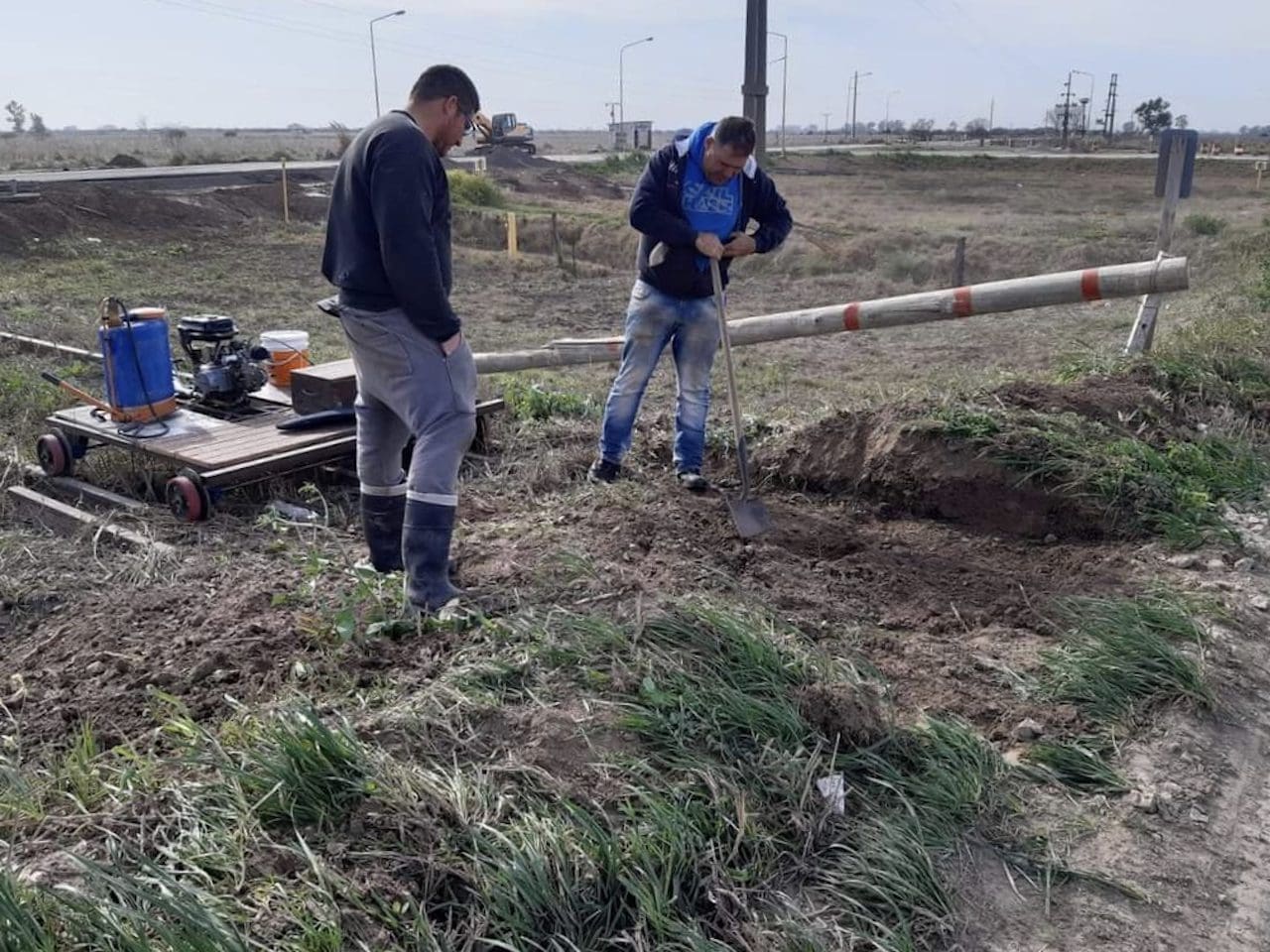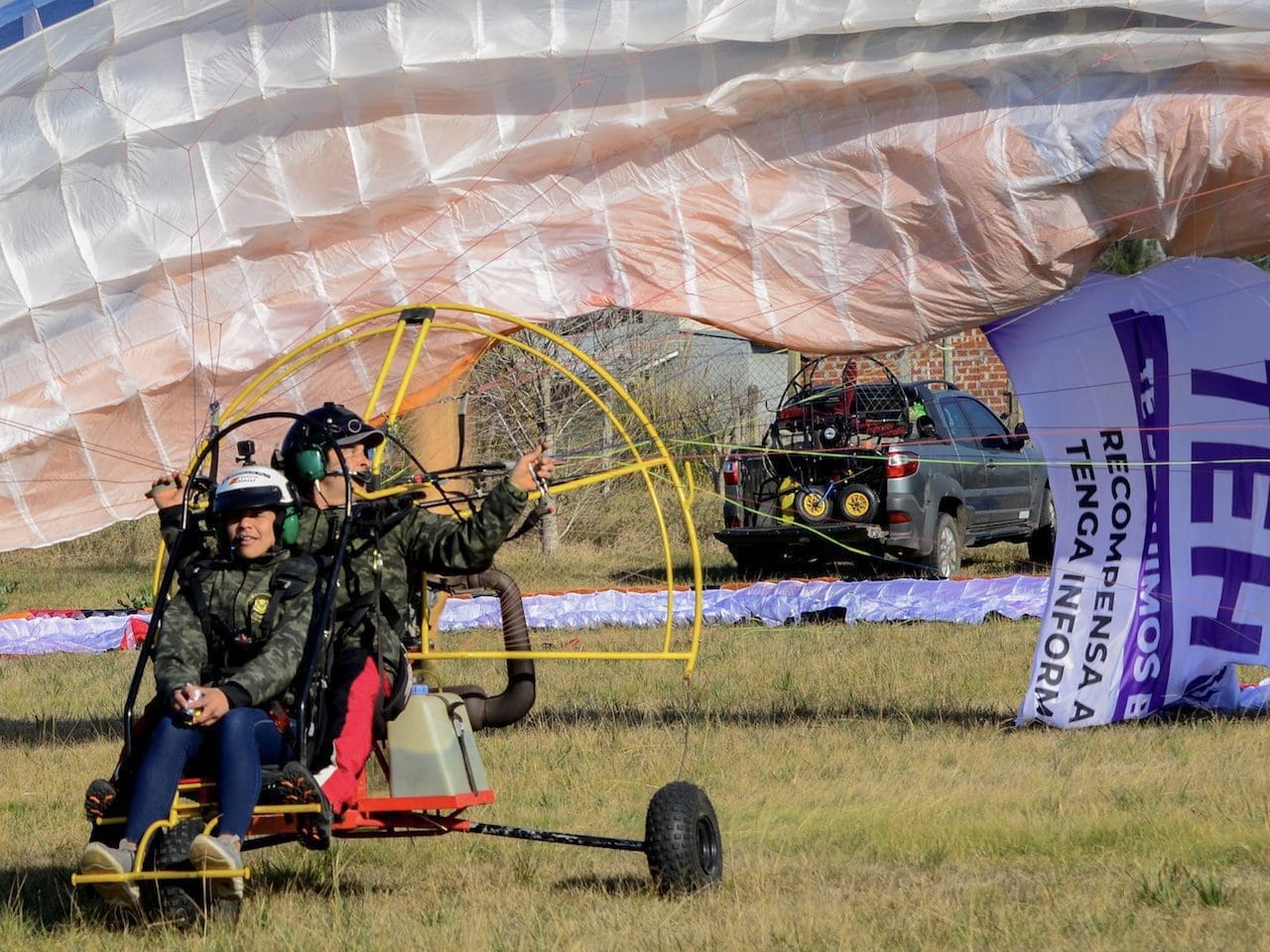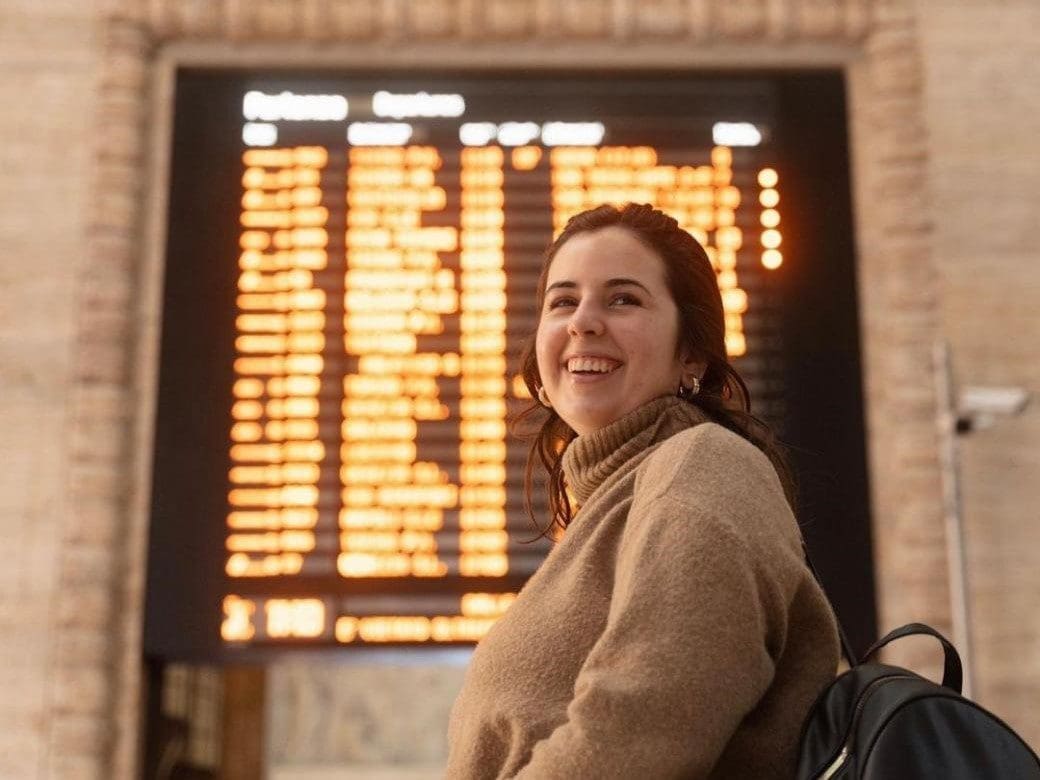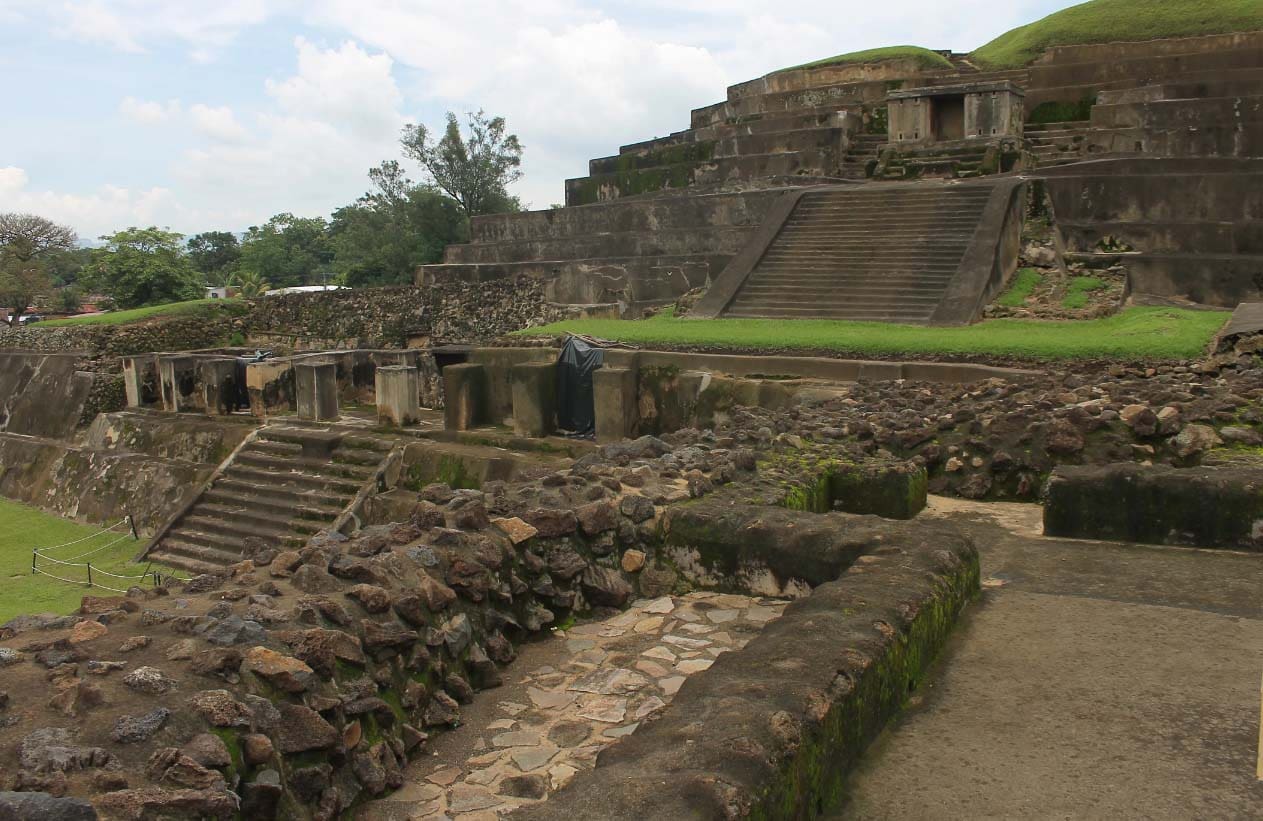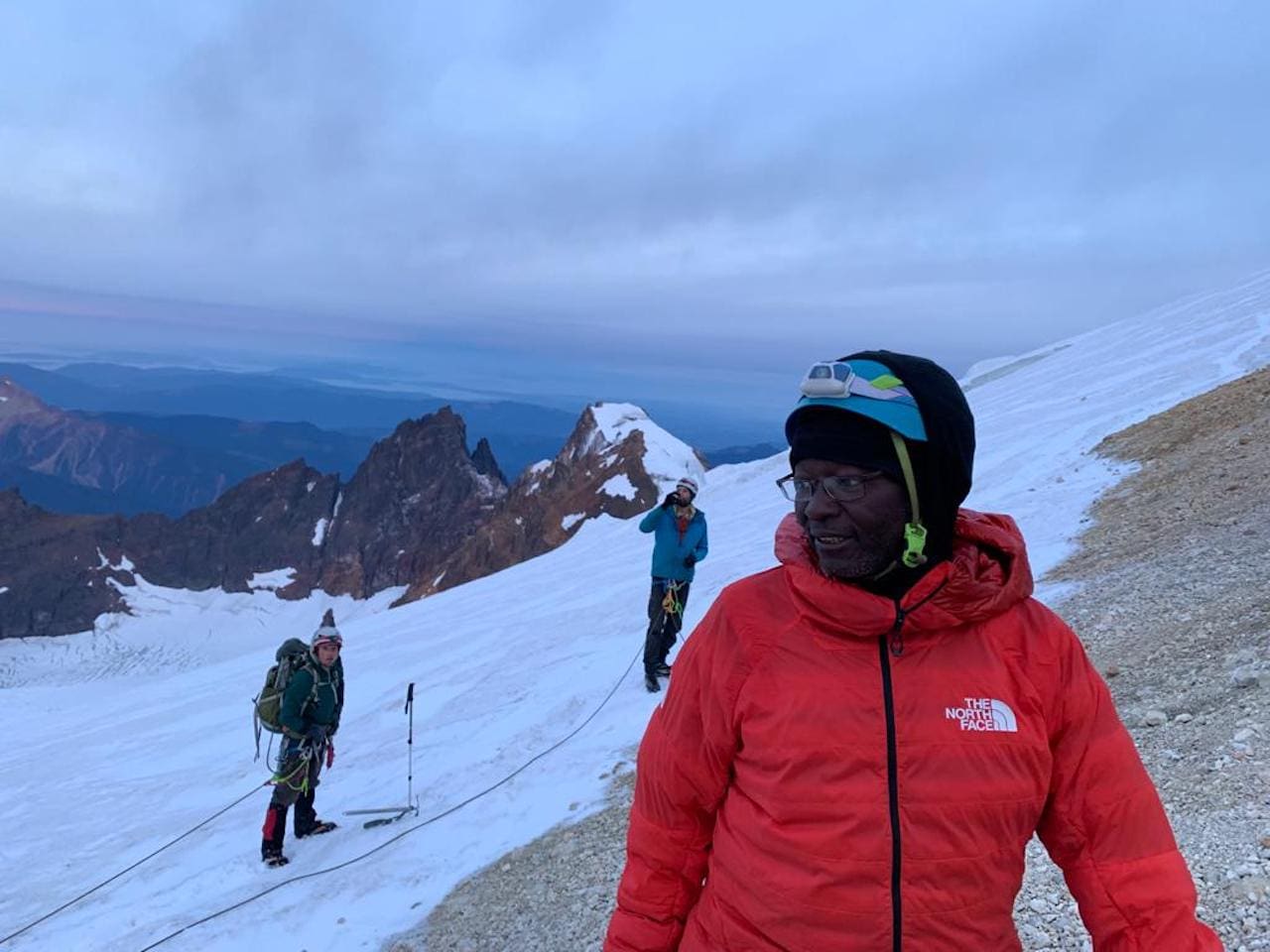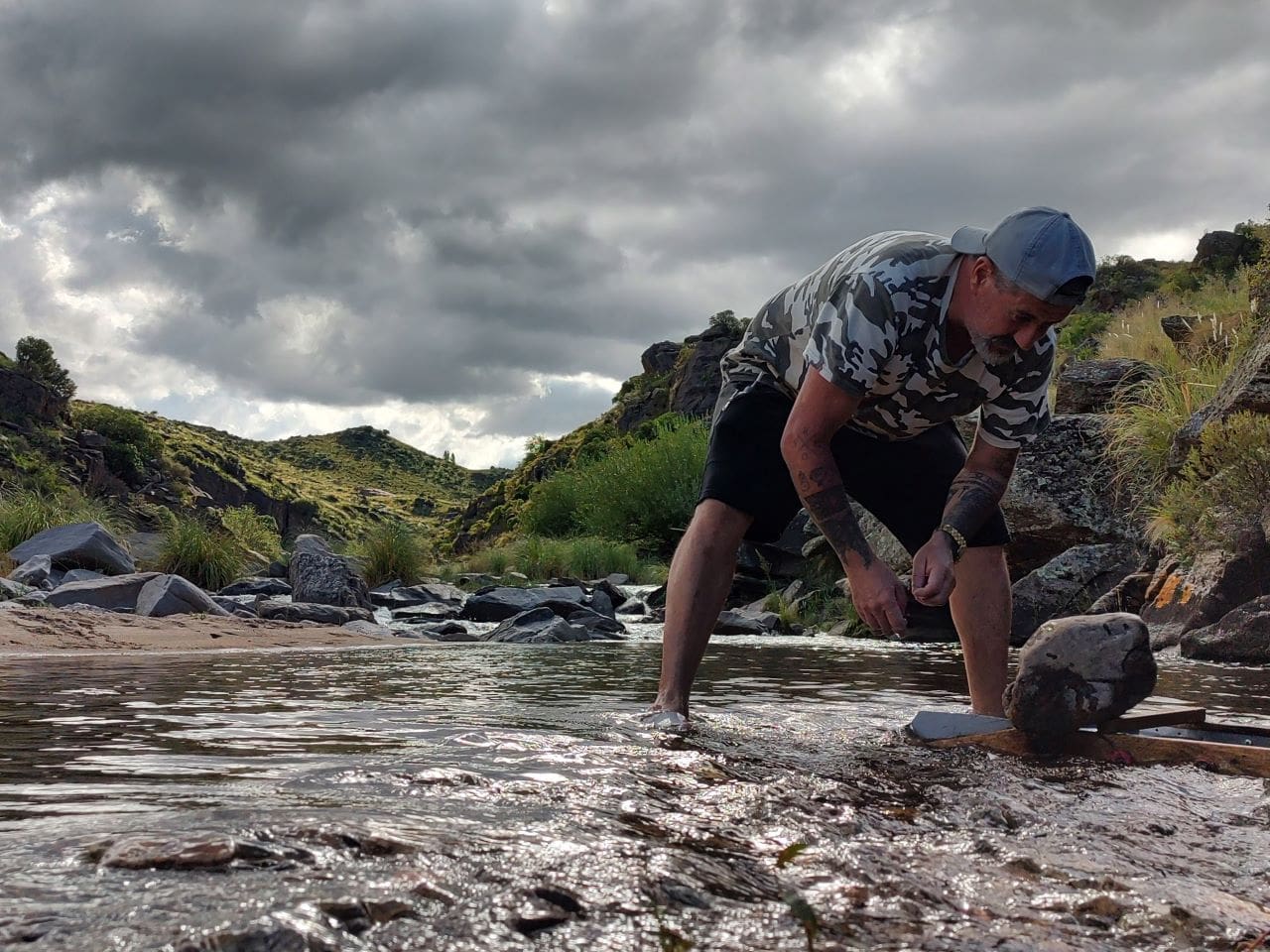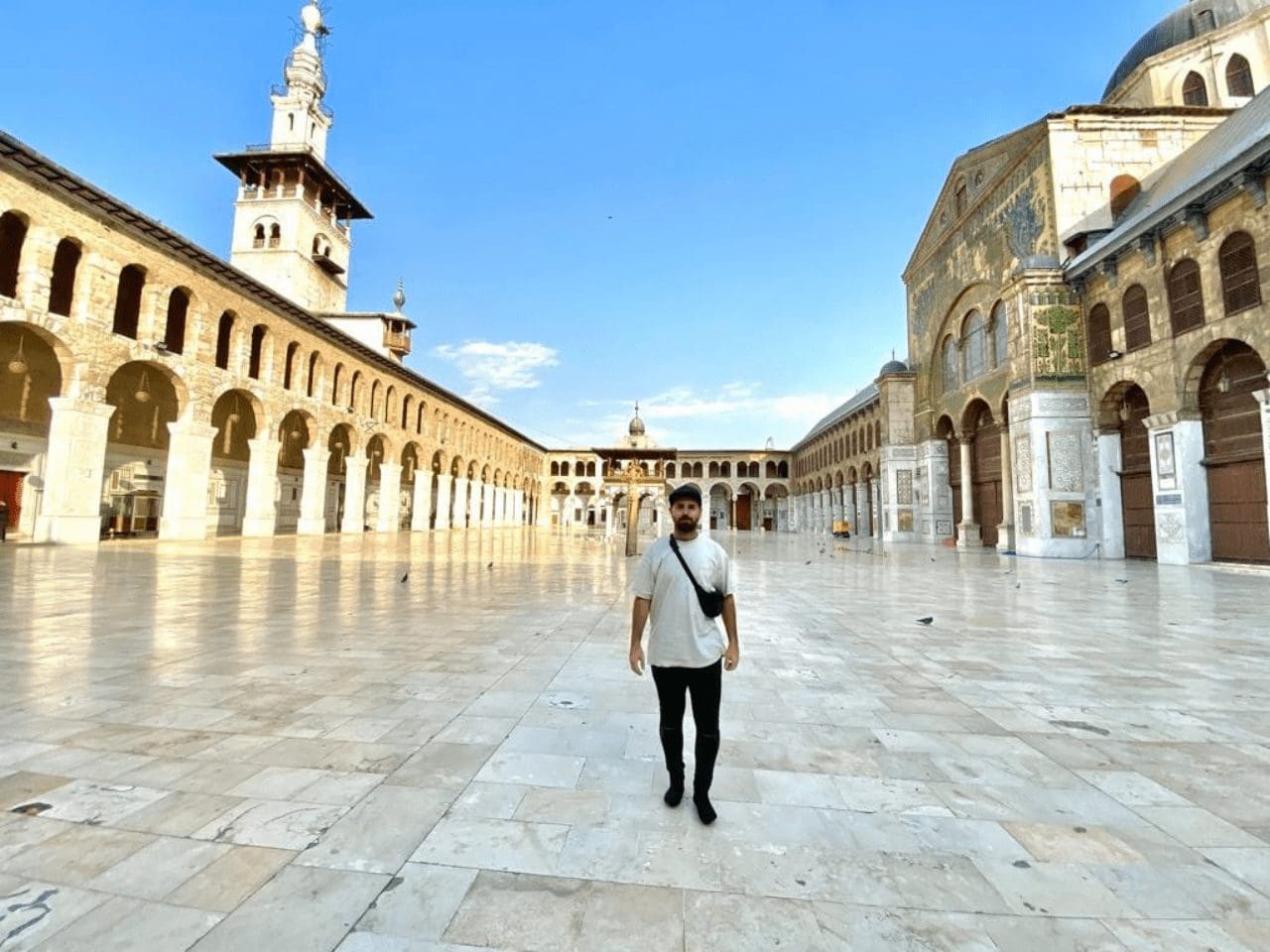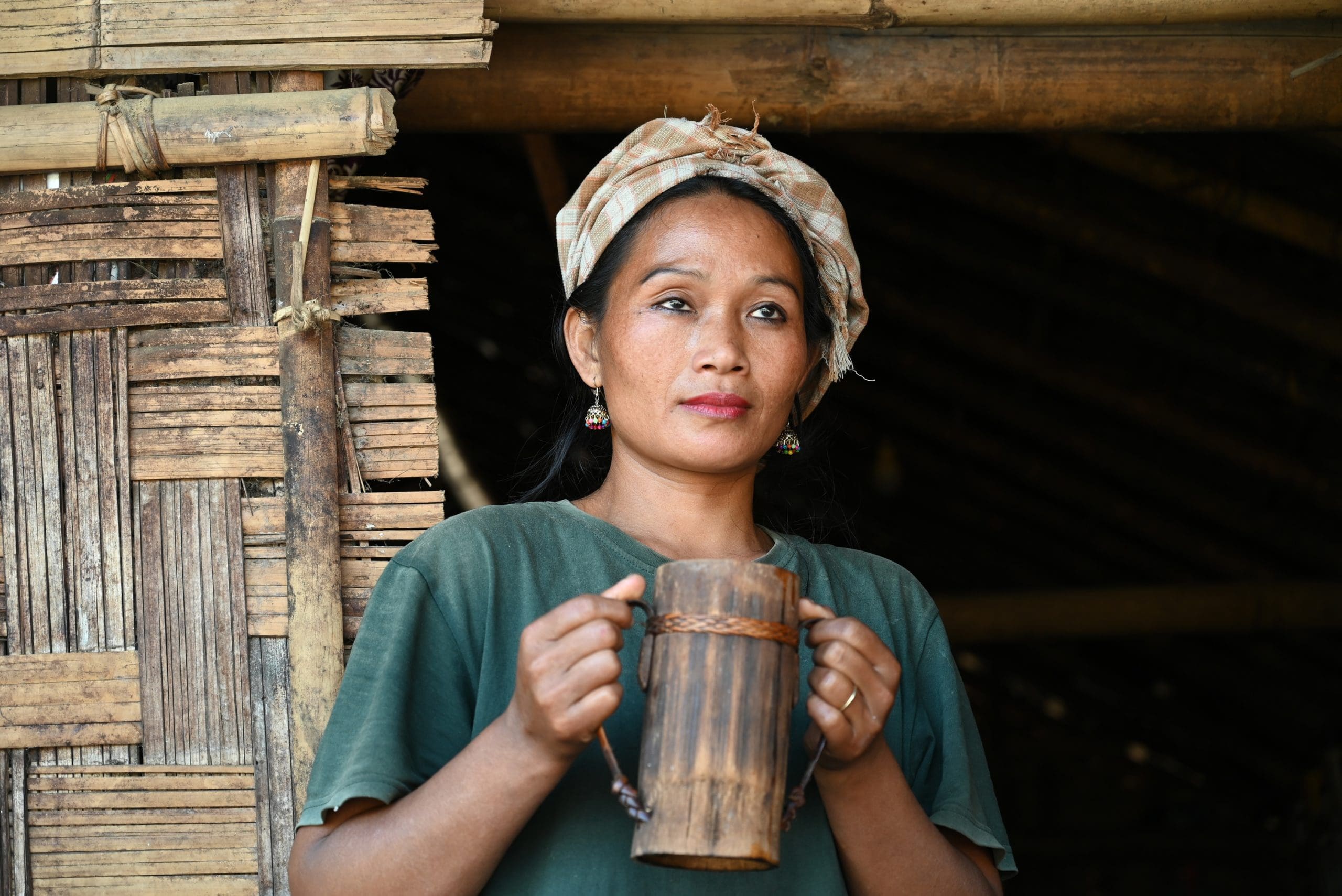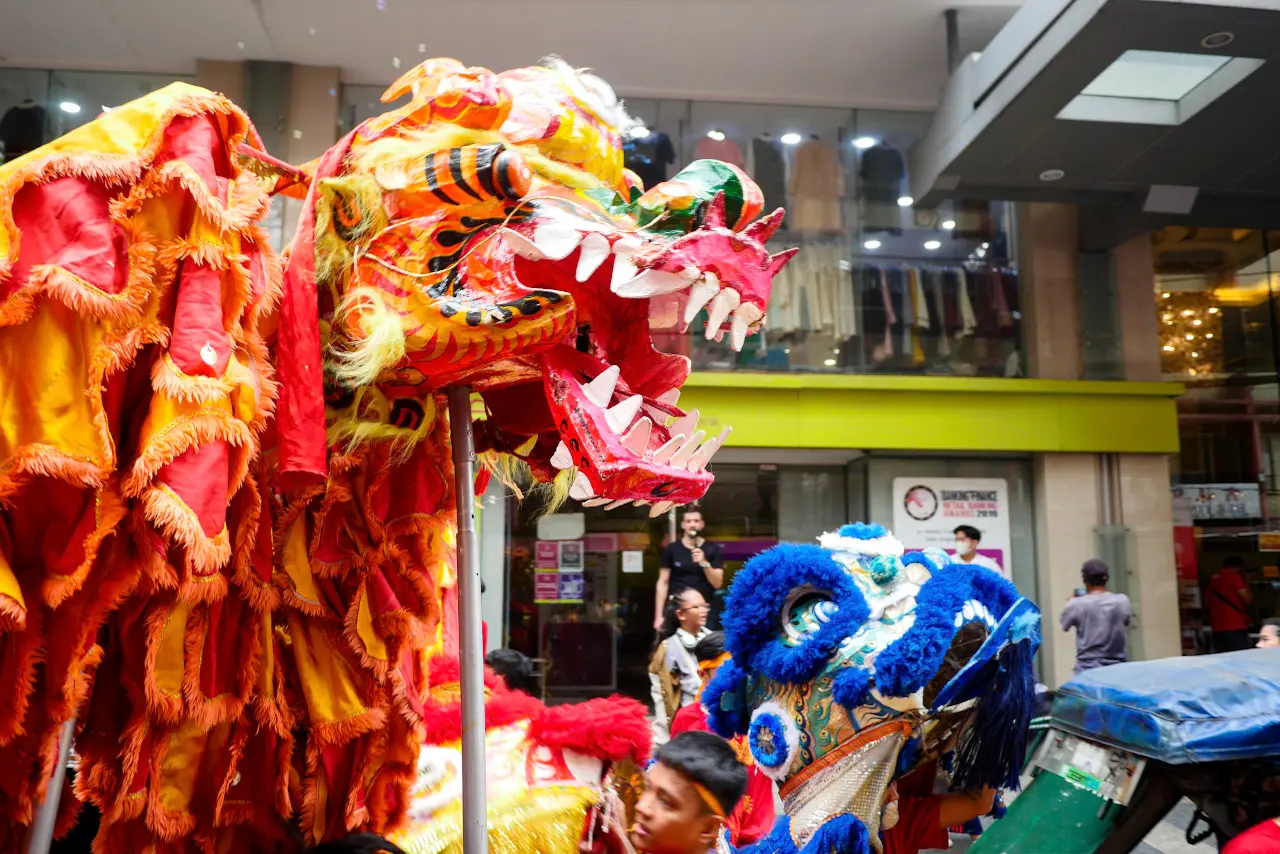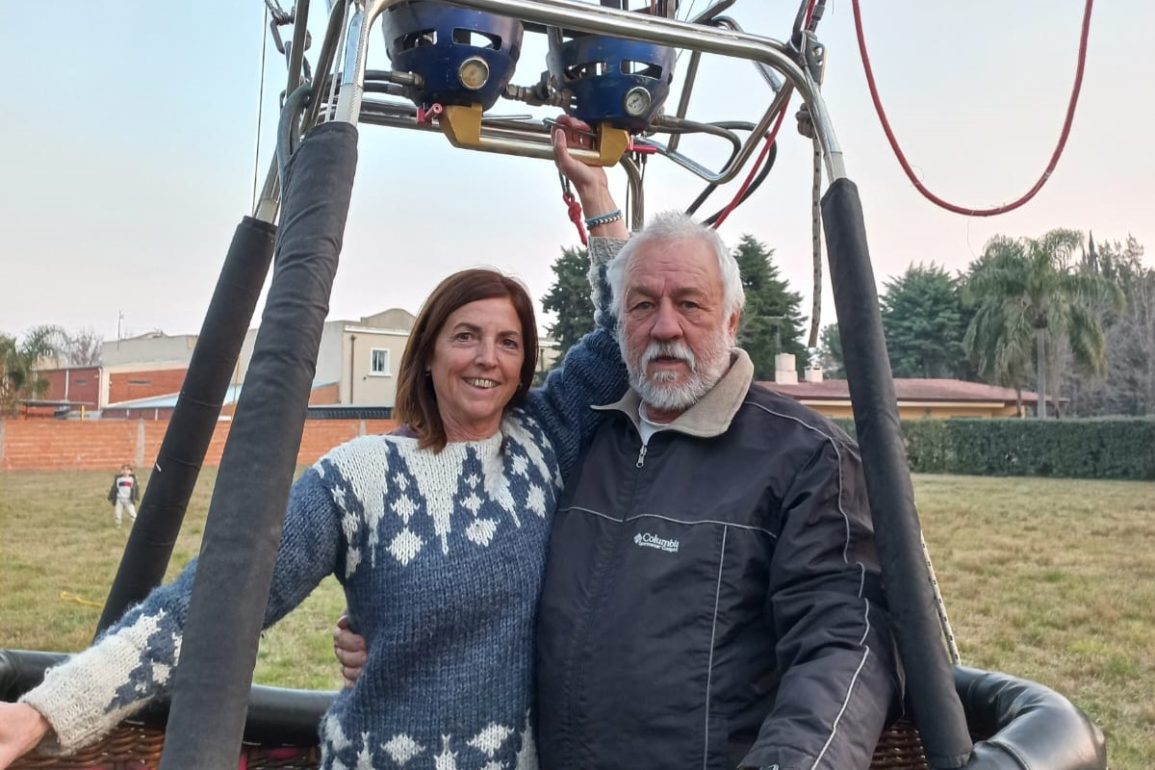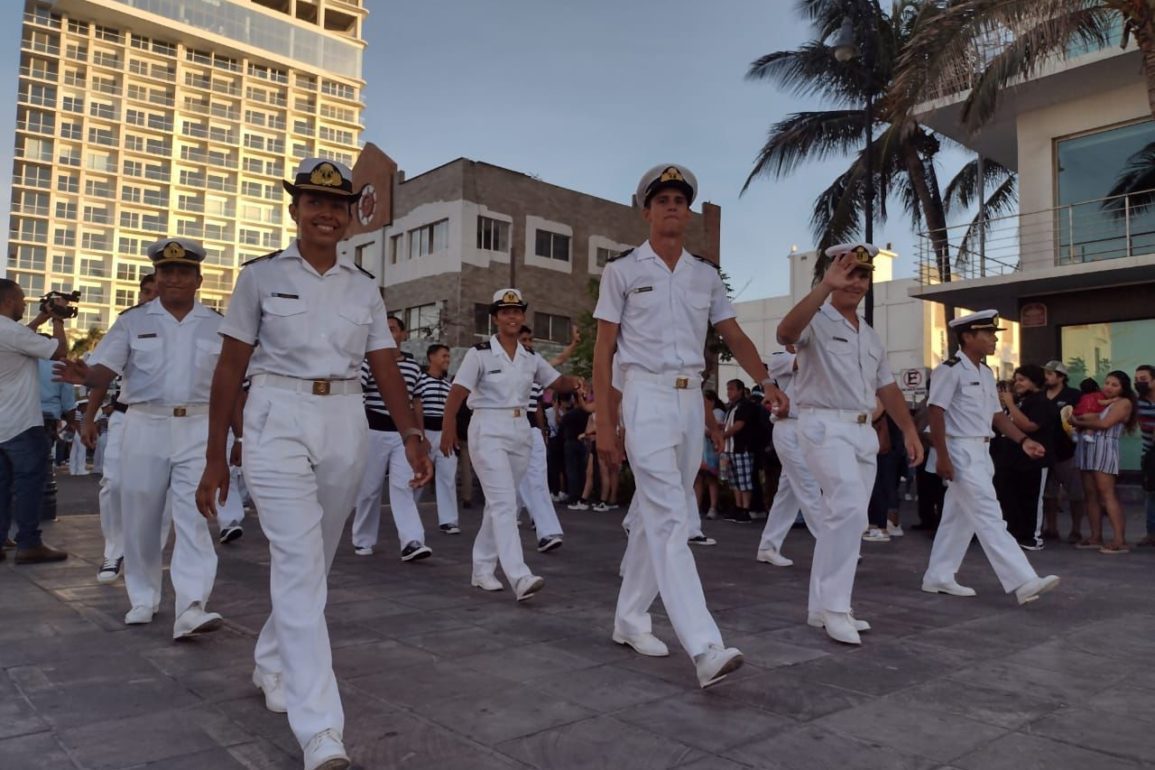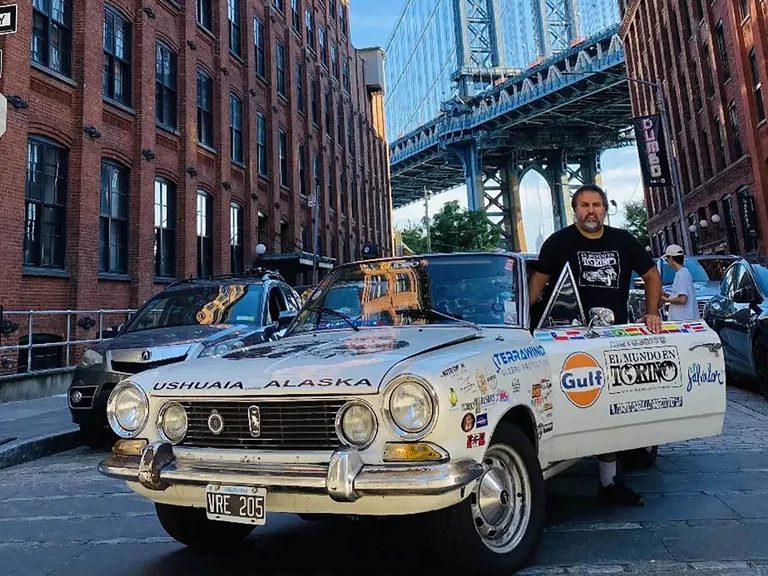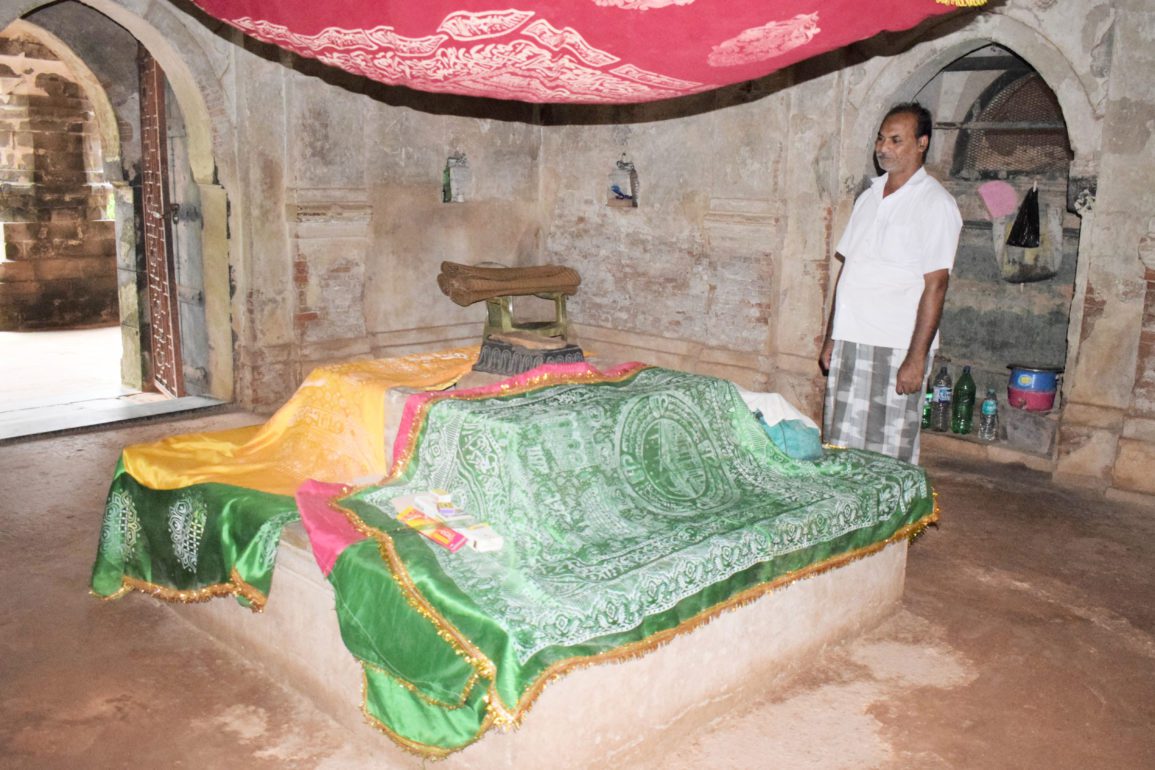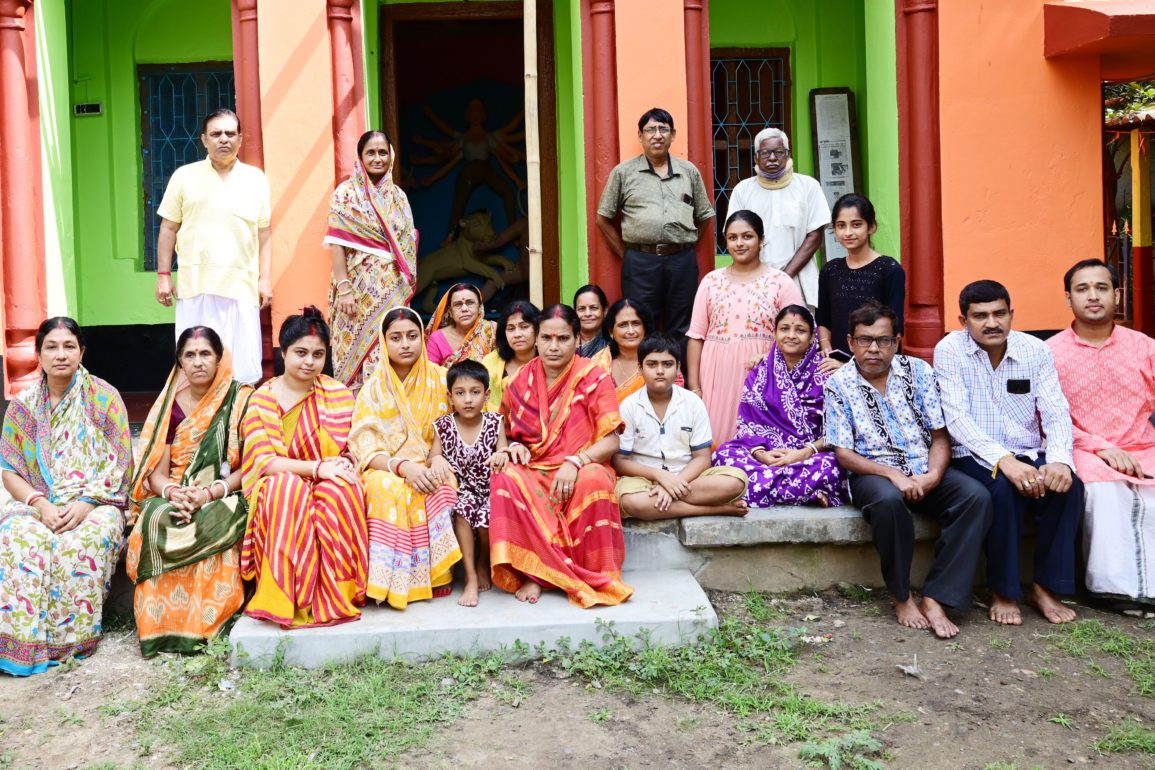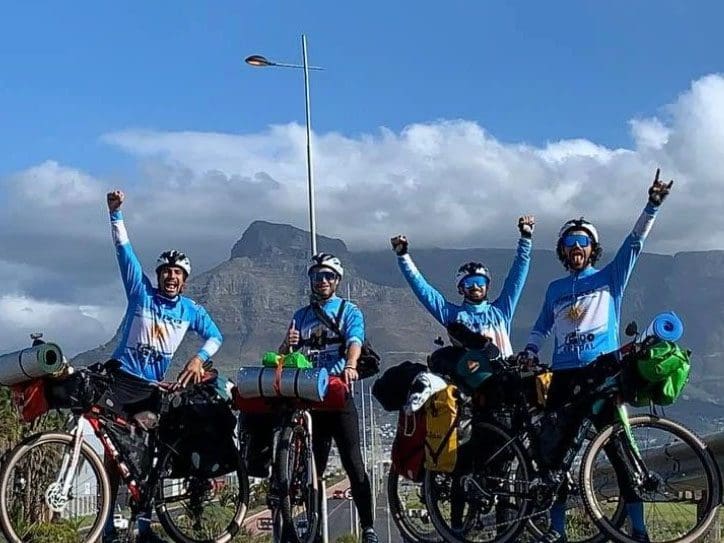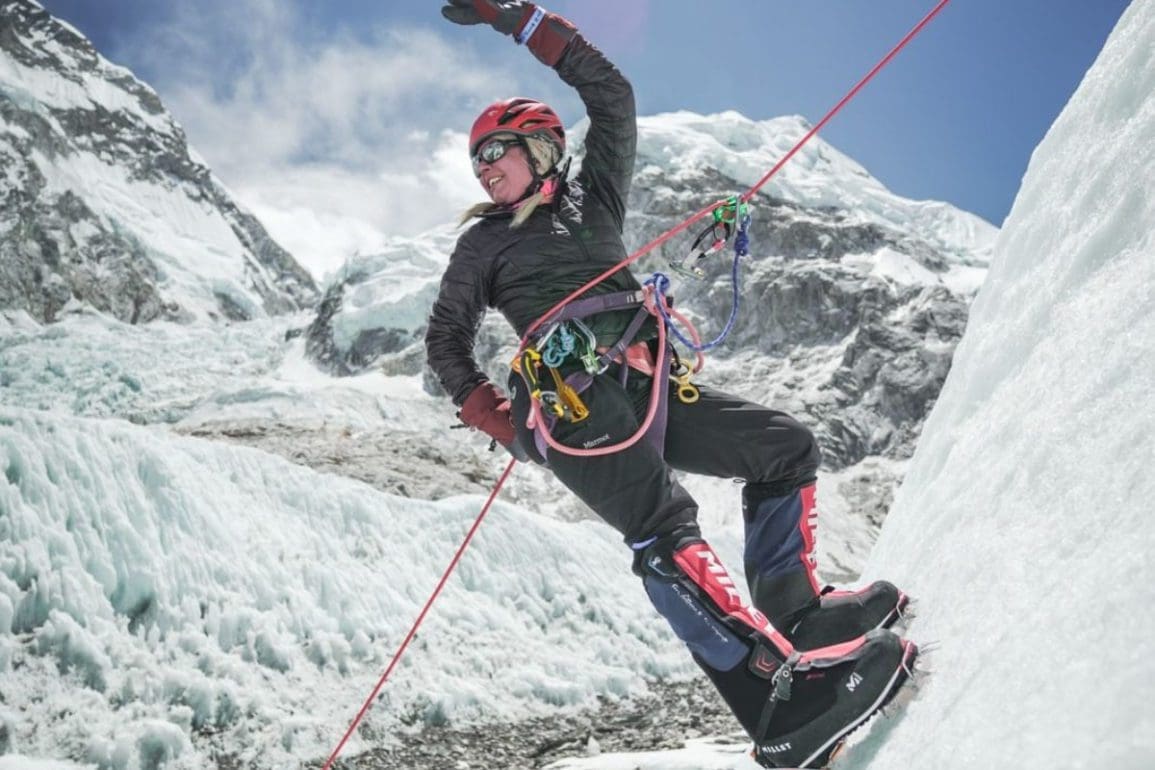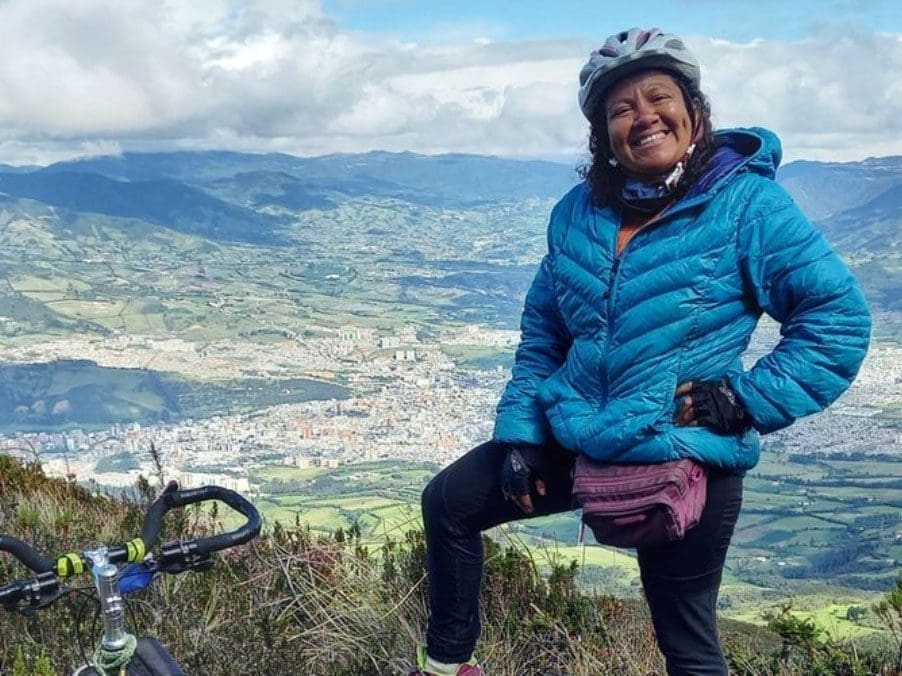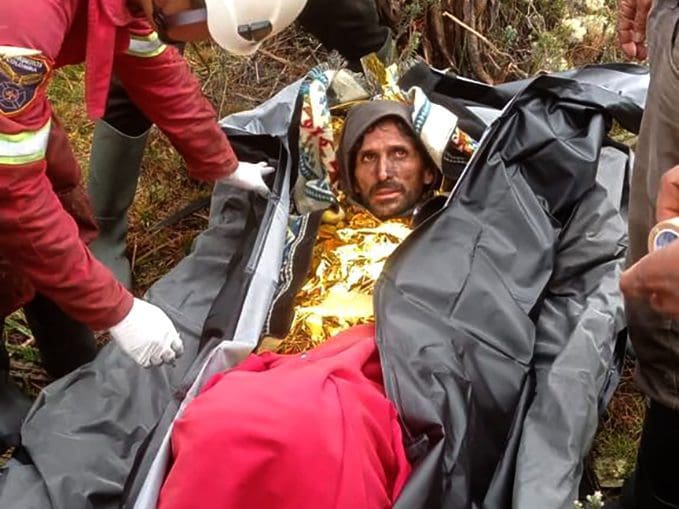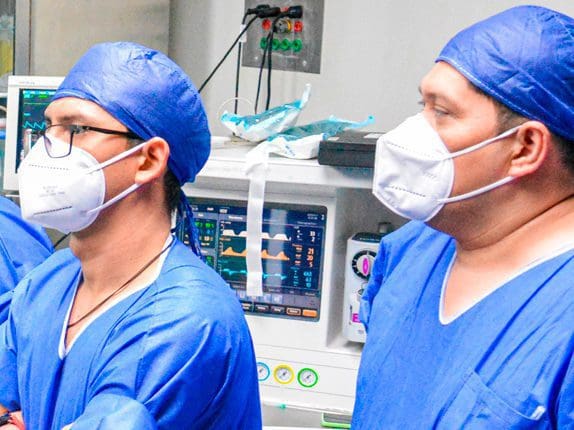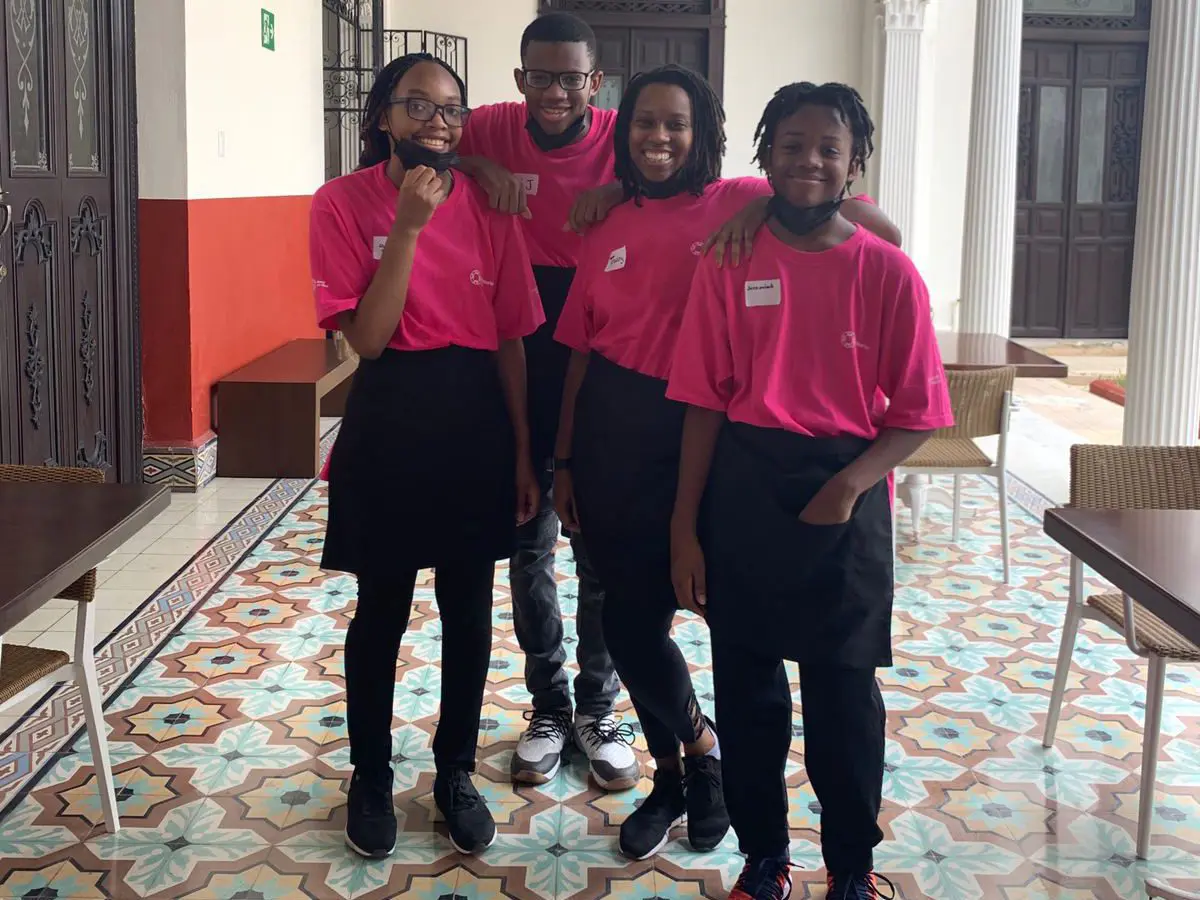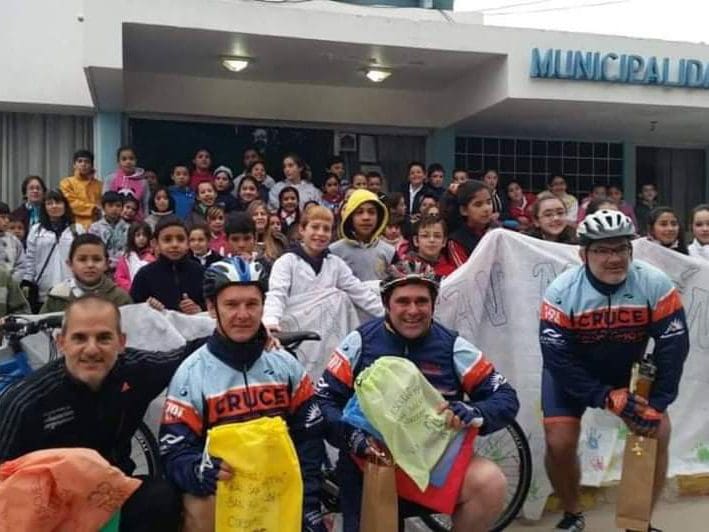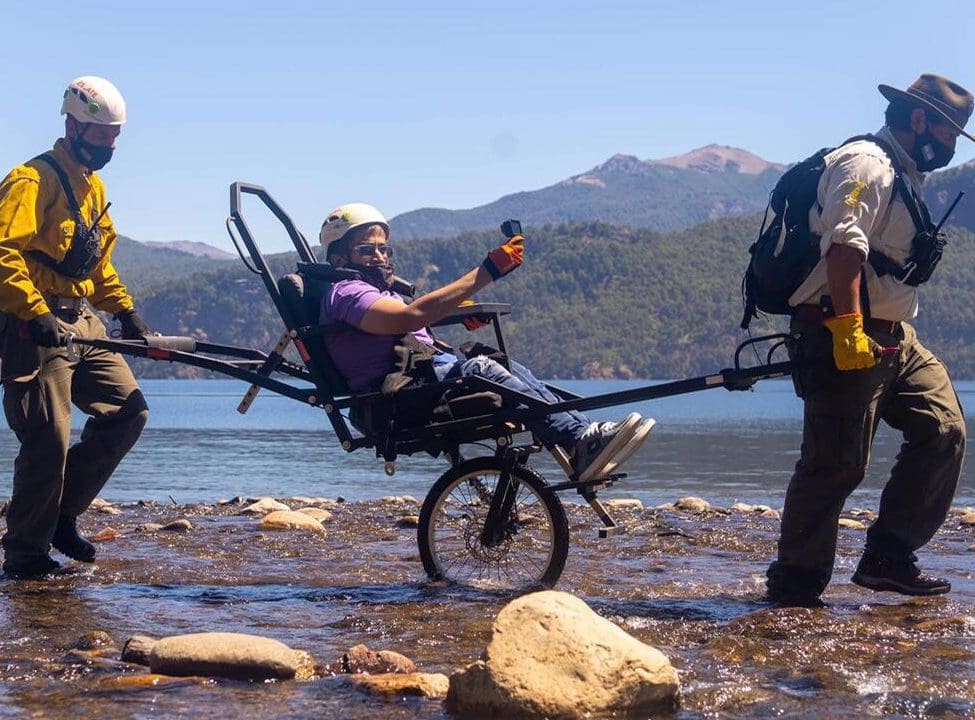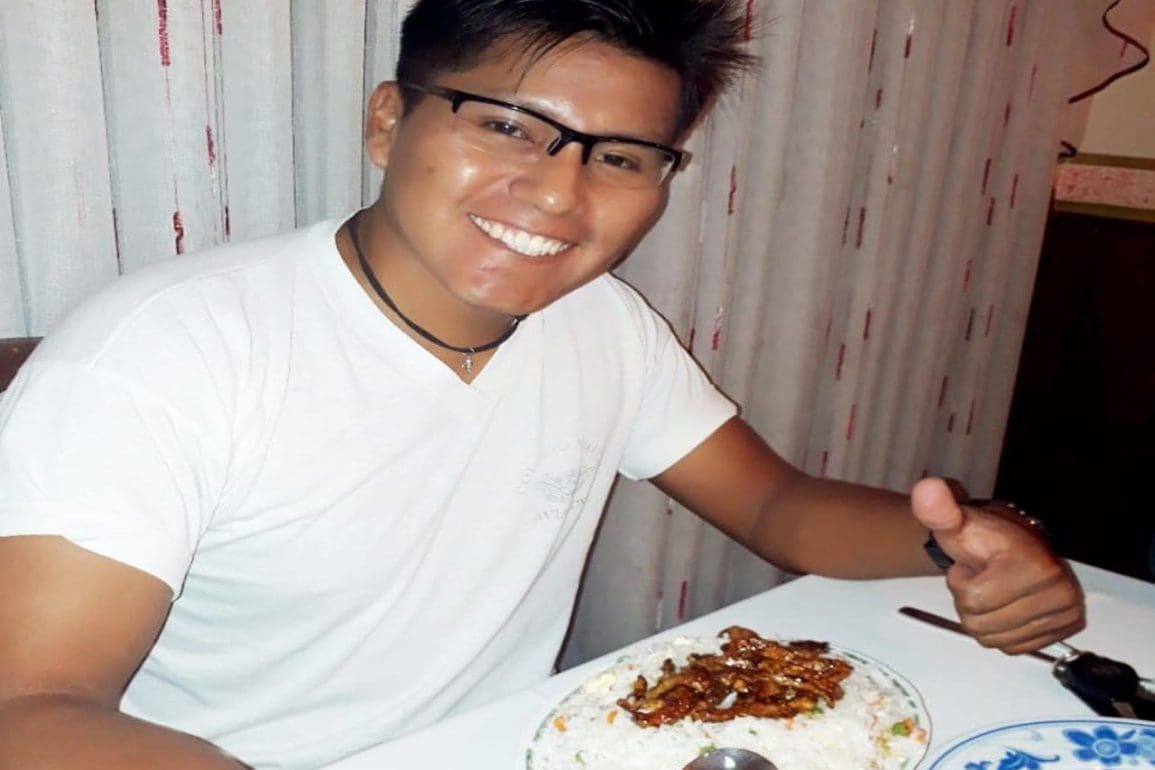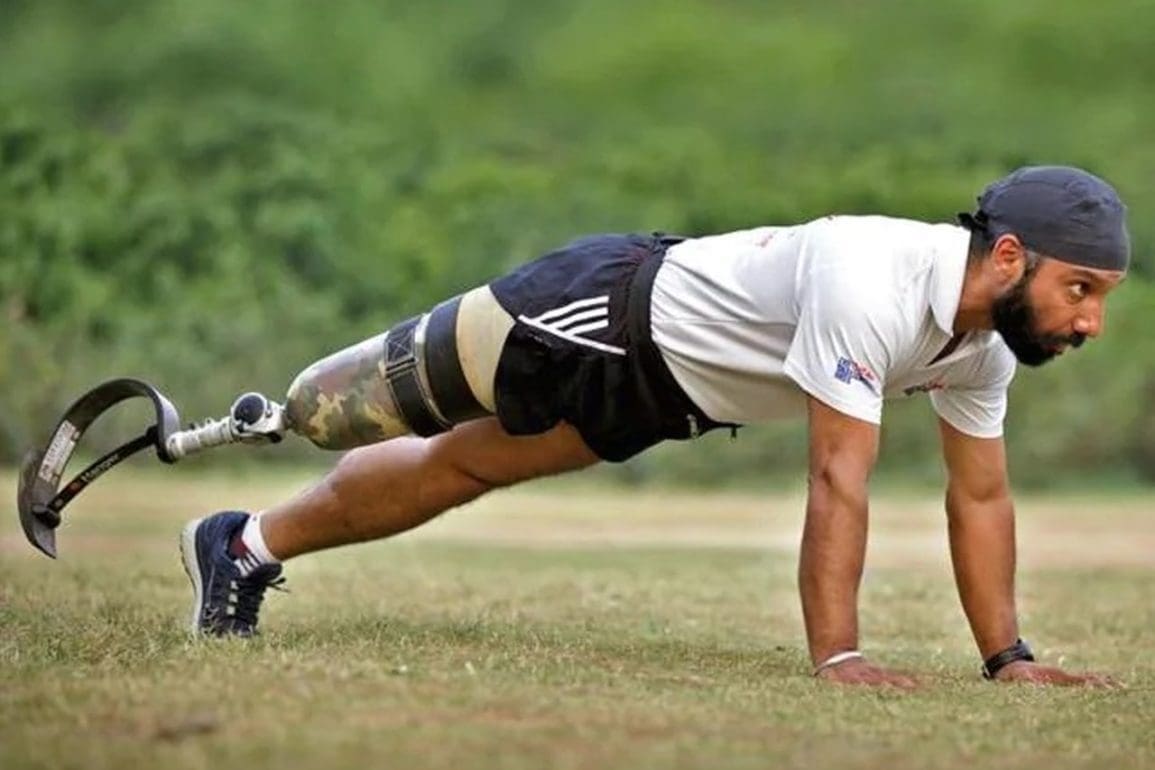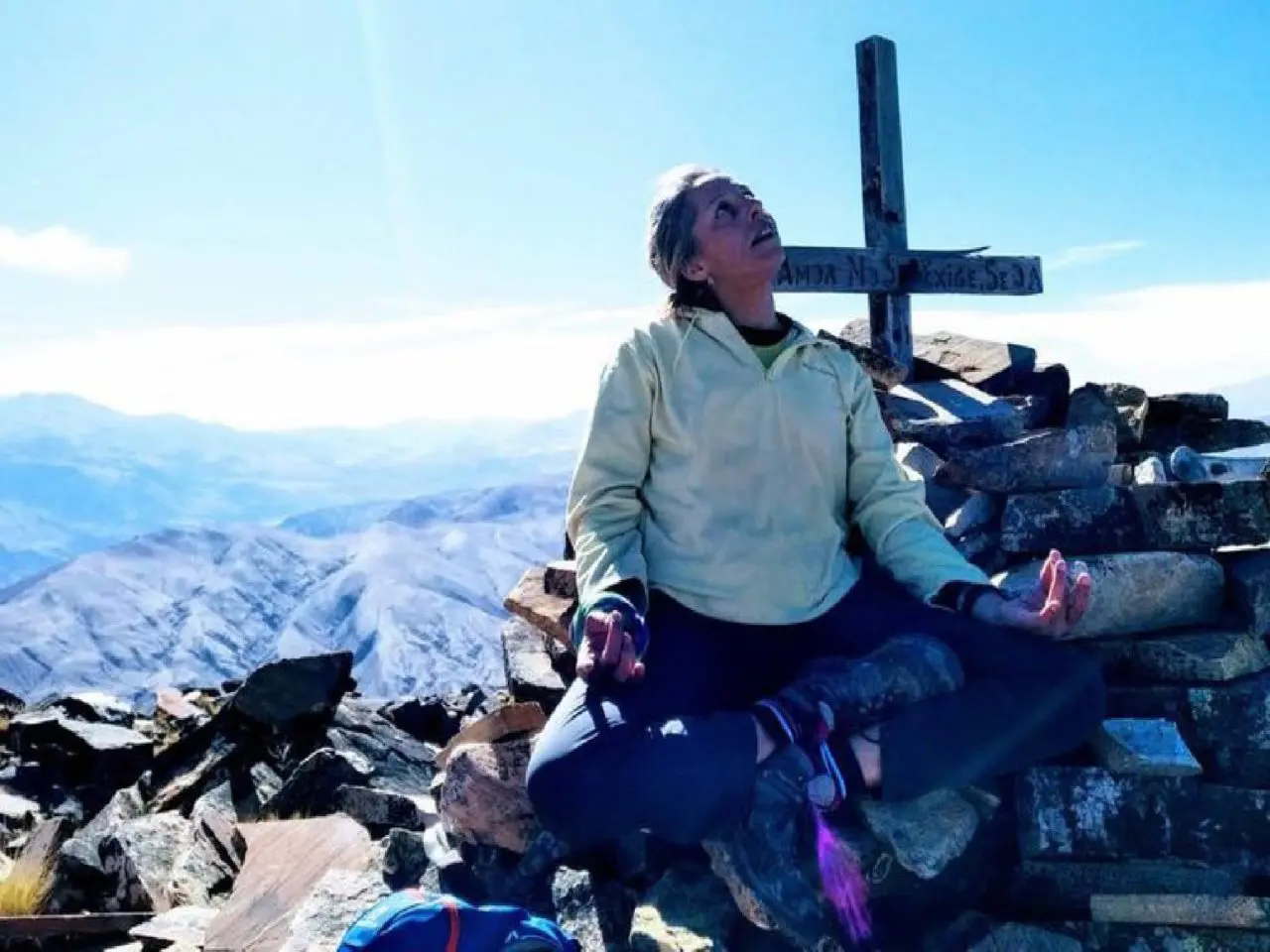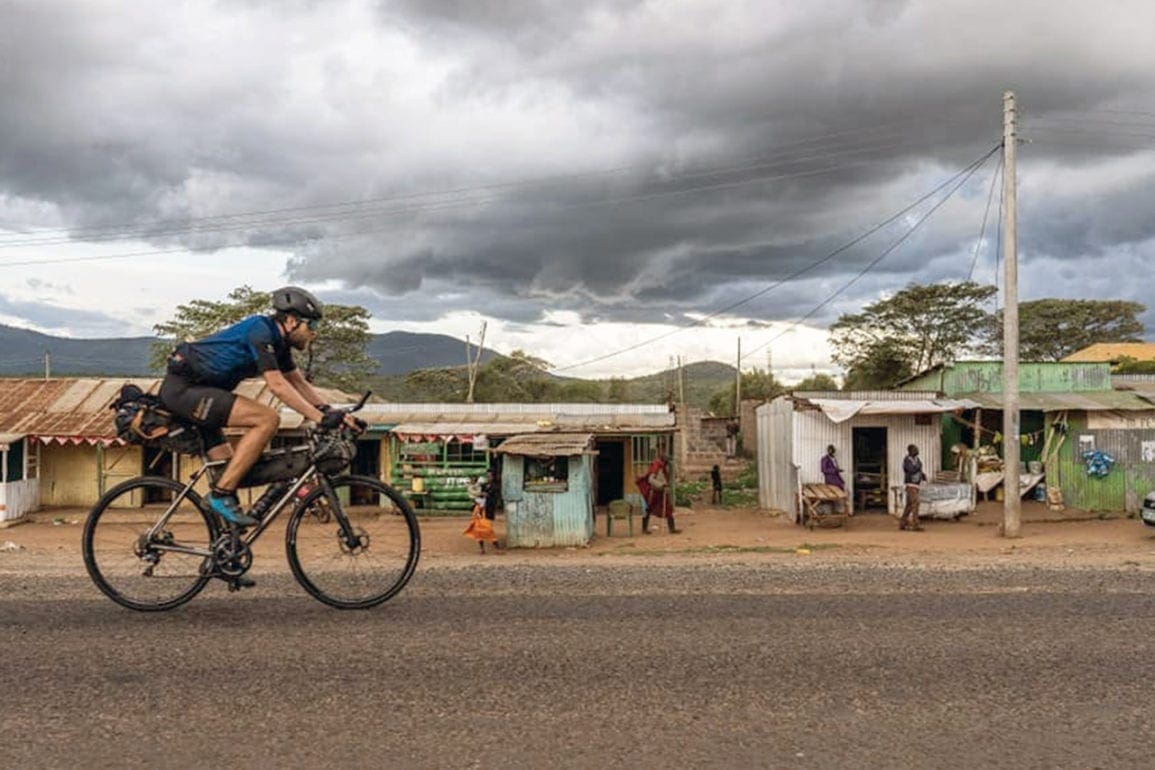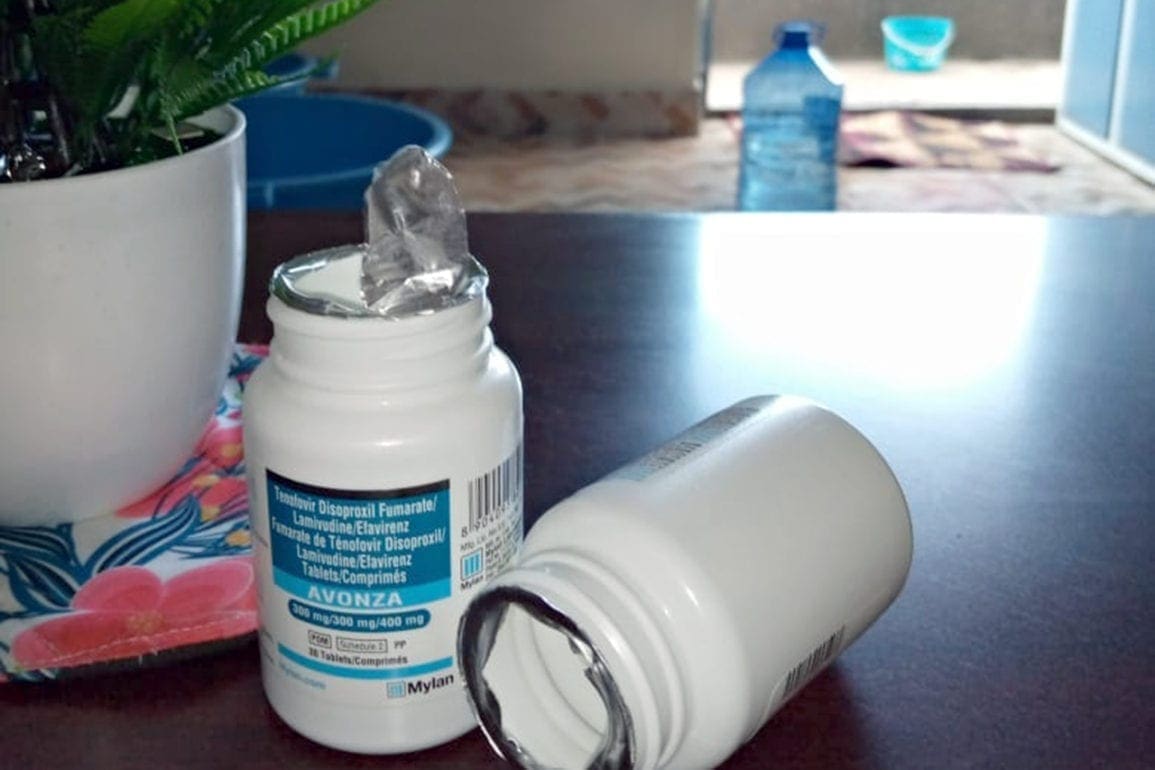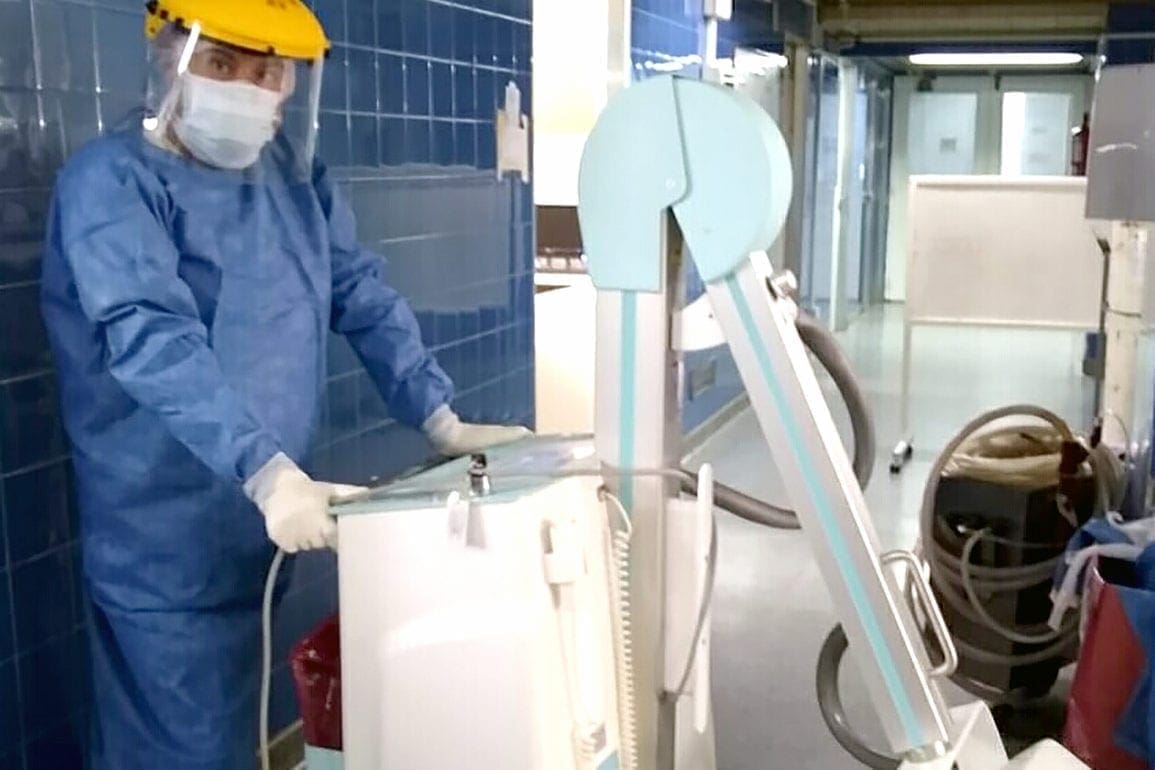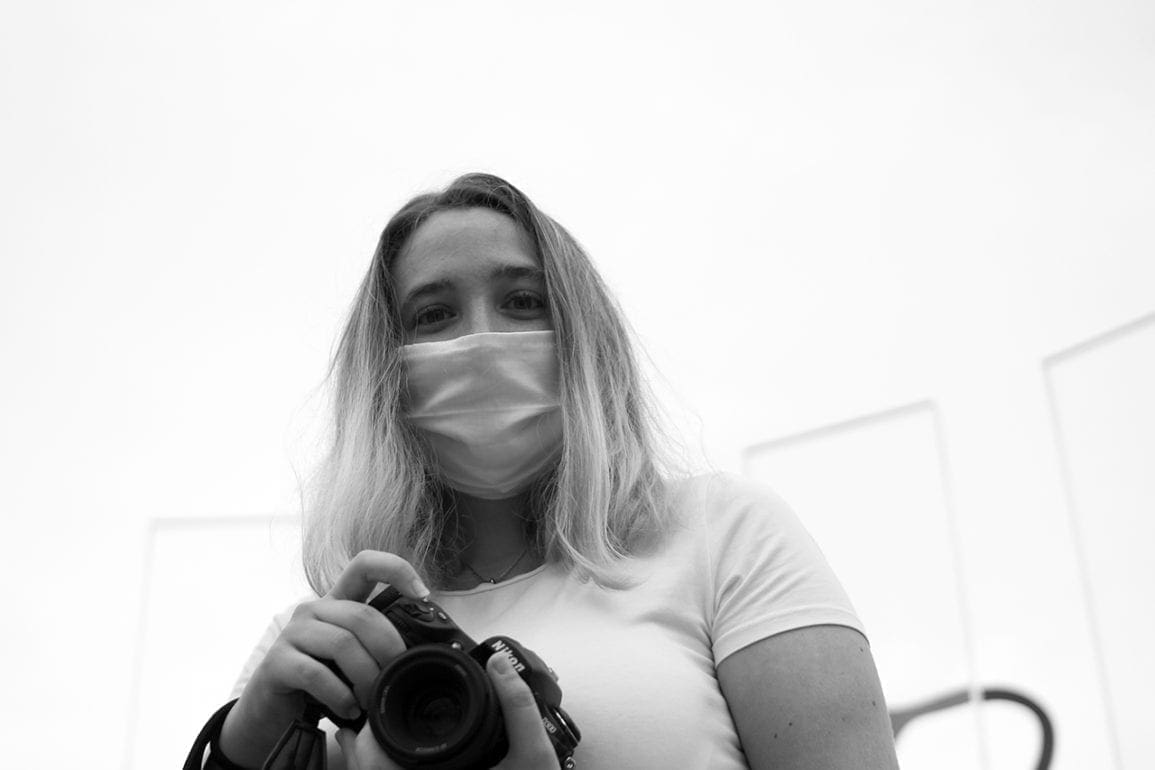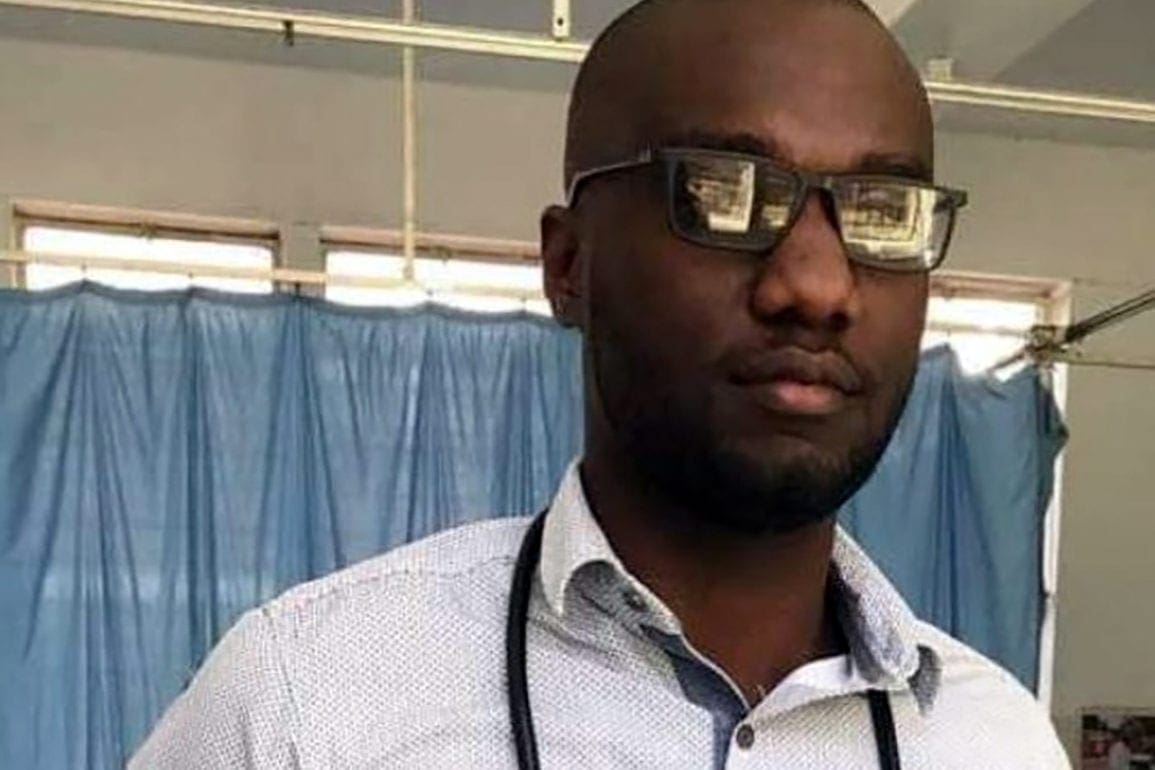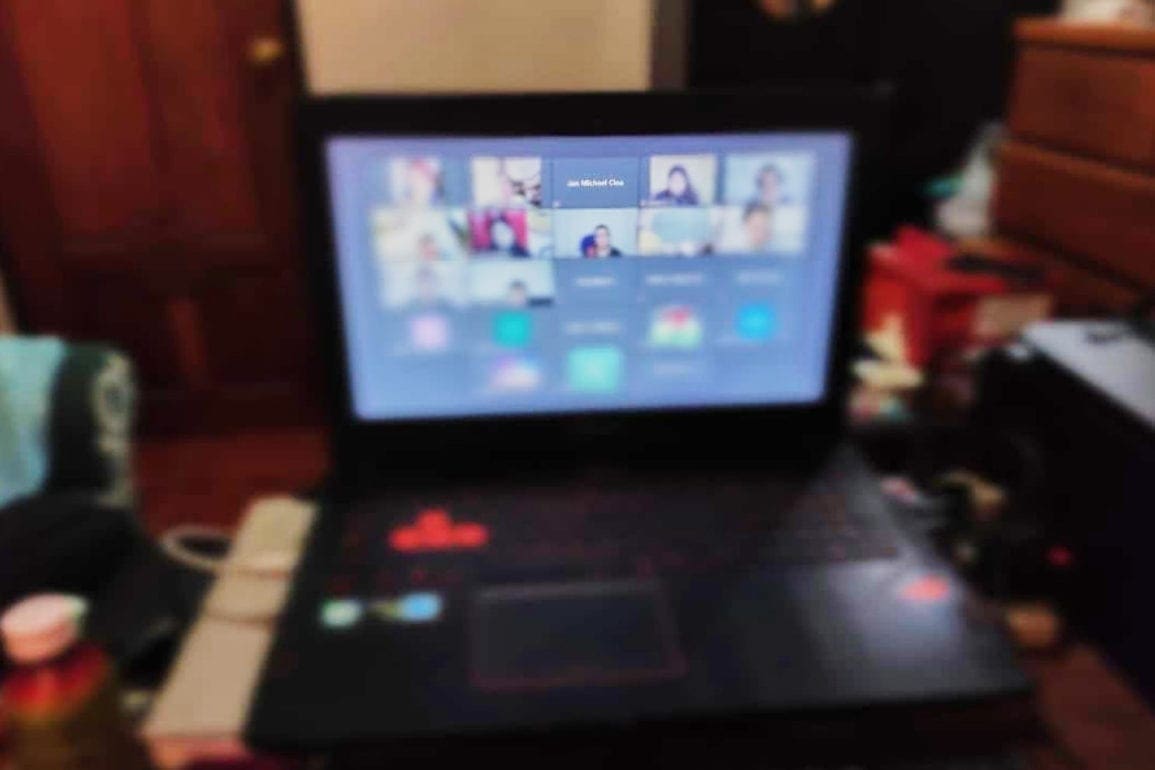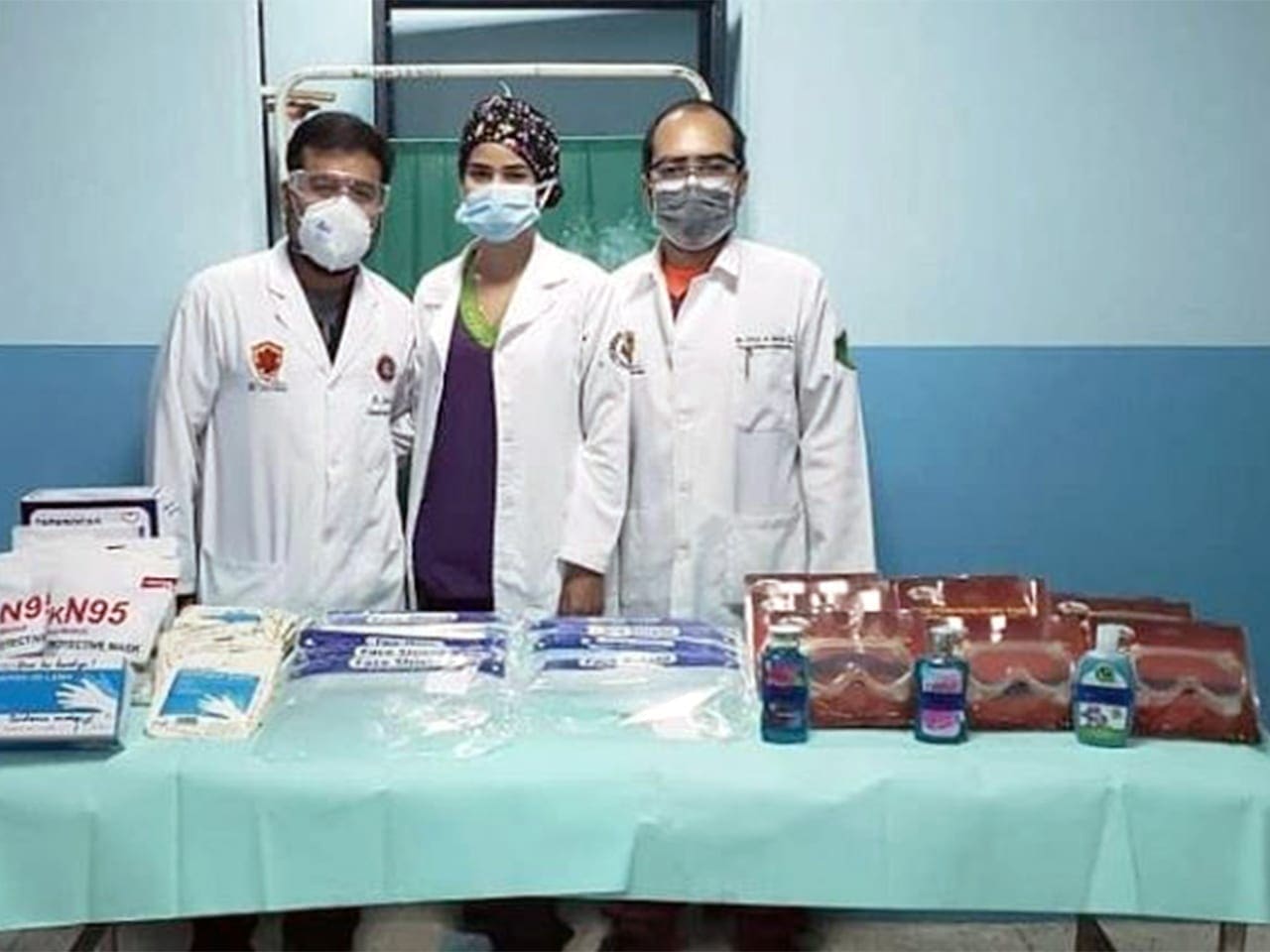Life as an ex-pat during a global pandemic
Fighting to stay off the streets in Scandinavia during COVID-19
- 5 years ago
February 9, 2021
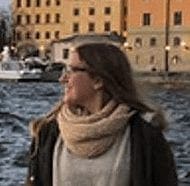
STOCKHOLM, Sweden — Dark grey skies loom above the city.
The cold Scandinavian air pierces through the persistent night to create a dark and gloomy prison around Stockholm’s cobblestoned streets.
When the days are bright and the sun shines, it’s an awe-inspiring city with a culture vastly different from my own. Only, in the late fall and early winter, the sun doesn’t shine.
And, even if it did, I wouldn’t be outside to enjoy it.
Tears stream down my face. I’m in a real prison—not one of iron bars and armed guards, but one of my own choice. I wipe the tears from my cheek.
What am I going to do?
It’s no use. I can’t hold back my tears any longer. My mind focuses on the negative—on the language I can’t speak, the climate I can’t tolerate, on the job I lost.
I moved to Sweden during COVID-19 for an opportunity, a chance at a better life. Now, I’m locked in a hostel bathroom.
And, if I don’t find work and income soon, that too will be taken away from me.
The land of opportunity
Beautiful skies, big hills, sturdy buildings, and colorful people. That’s what Sweden represents. But, for me, it also represents a chance at a new life.
My name is Camila Hernández, and at the age of 21, I knew I needed to turn things around.
I had worked countless hours every week at an ice cream stand and event hall turned restaurant. Even with two jobs, I couldn’t make ends meet back home. That’s why I left Argentina for Sweden more than two months ago. I was tired of working countless hours and investing my time for nothing.
Sweden represented everything I had wanted: a place to earn a salary based on my ability, a place to save for the future, a place to grow.
So, when the Scandinavian country opened its borders to foreign workers through its working holiday visa program, I did not hesitate.
It took four months to put my plan in place: one to finalize my destination, and three to receive my confirmed application.
What I didn’t know was how difficult it would be to find a job in the middle of the pandemic.
Culture shock
I miss the sweet, smoky smell of asado and my mother’s cooking that wafts into the house after a long day at work. I miss sharing mate with friends and those impromptu last-minute meetings at a bar to have a beer and talk for hours.
But, more than anything, I miss the close and intimate relationship we have with each other.
Sweden is a land of distance. Even before COVID-19, Swedes cherished their personal space. They have dinner in the late afternoon and spend their afternoons at cafes and bars after their exercise regimens.
Unlike Argentina, it’s a culture that, despite having increased COVID cases compared to its Nordic neighbors, was born to weather the pandemic.
A turn for the worse
I worked temporary jobs as I settled into my new home. But, with neither warning nor time to prepare, my livelihood in this foreign land more than 15,000 kilometers away from home was ripped out from under me.
My employer at the job I worked countless hours to attain fired me.
I felt that something inside me died. It wasn’t just because of the money, but the fact that I didn’t think they valued me.
I was alone, trapped, and stagnant.
Every day, I sent resumes begging to get back to work. I needed to generate income again.
But, without the ability to communicate effectively, finding a job and apartment felt like climbing a frozen hill in flip flops.
I had no more money and my stay at the hostel was about to end.
Northern star
Little by little, my English was starting to flow. Suddenly, as I grew comfortable and confident in my ability to communicate, luck was on my side.
A temporary job at a cleaning company helped me climb out of my chasm. I had control of my life again.
My income stabilized, and I am now looking for an apartment.
As I look back on my first few months in Sweden, I have mixed feelings about my new home.
Despite the days spent locked inside, whether it was due to my internal struggles or the climate, it’s a beautiful country.
It’s a place where, even if one is unable to speak the language, the kindness of the people and their willingness to help those in need pierces the persistent Scandinavian night.
It’s a place of prosperity, education, and high quality of life and comfort.
Life in another country is not always rosy. It’s difficult, and it will break you down. But, if you let it, life will always lift you back up.
Besides, I can get used to the cold.

